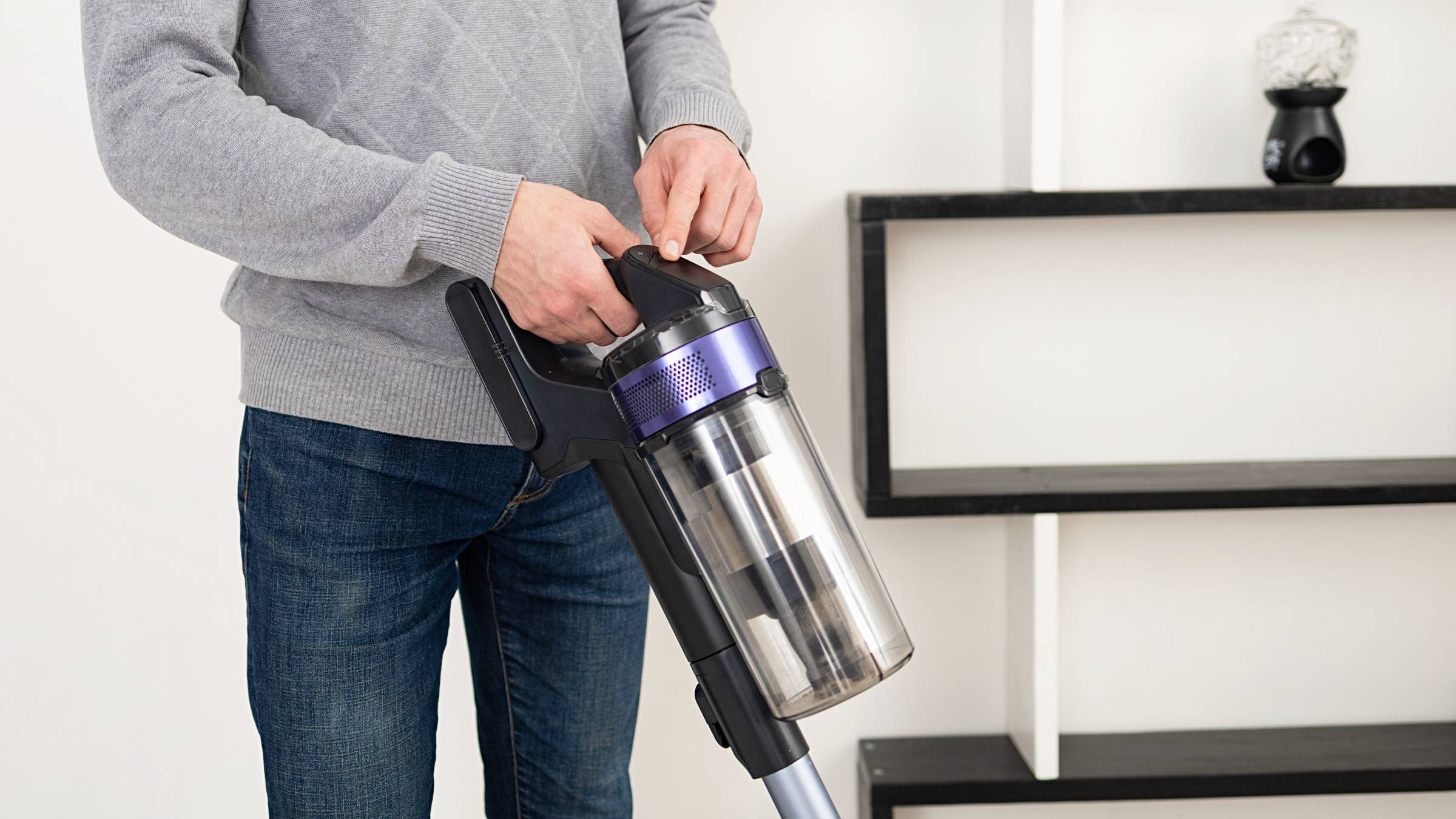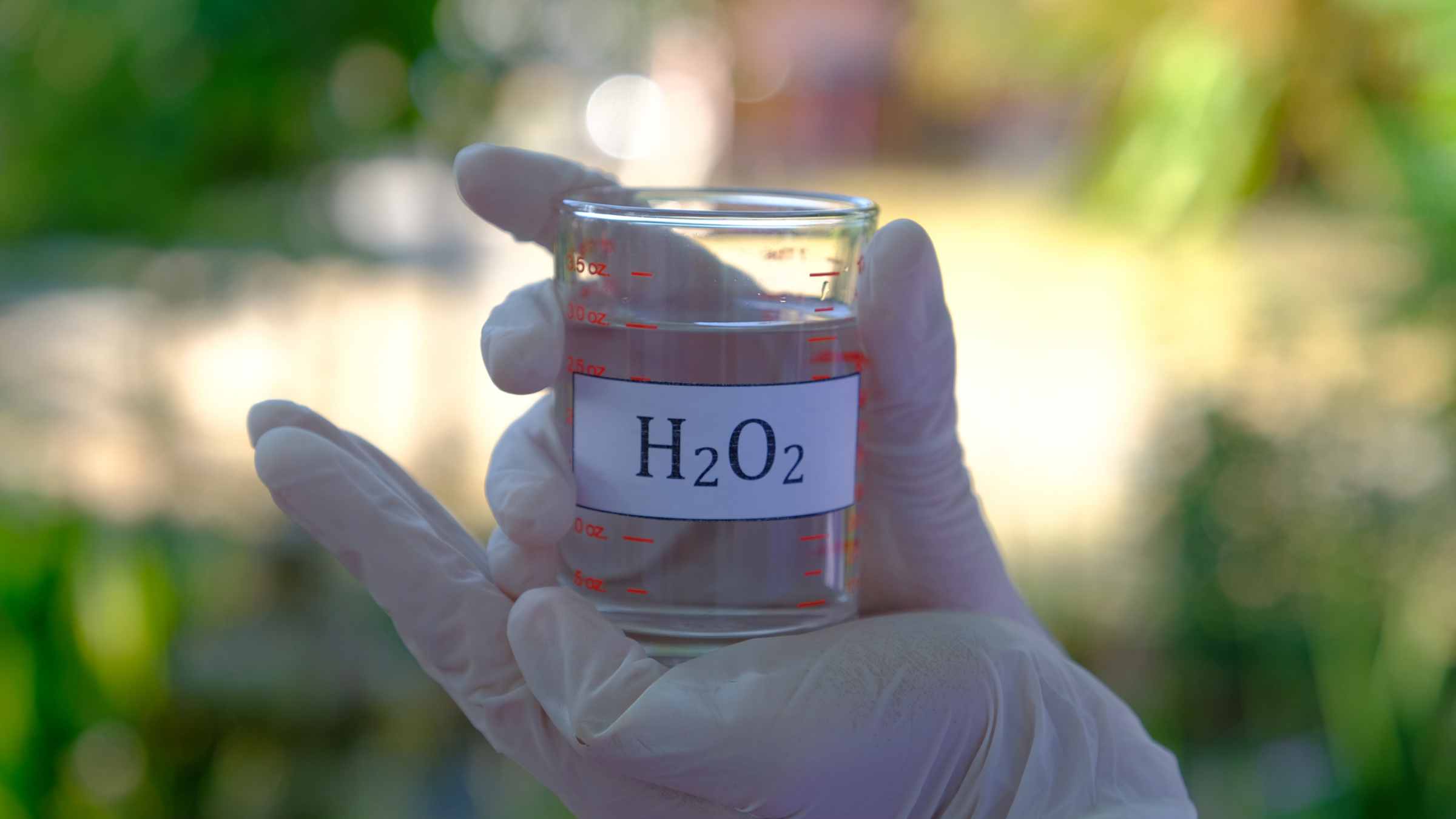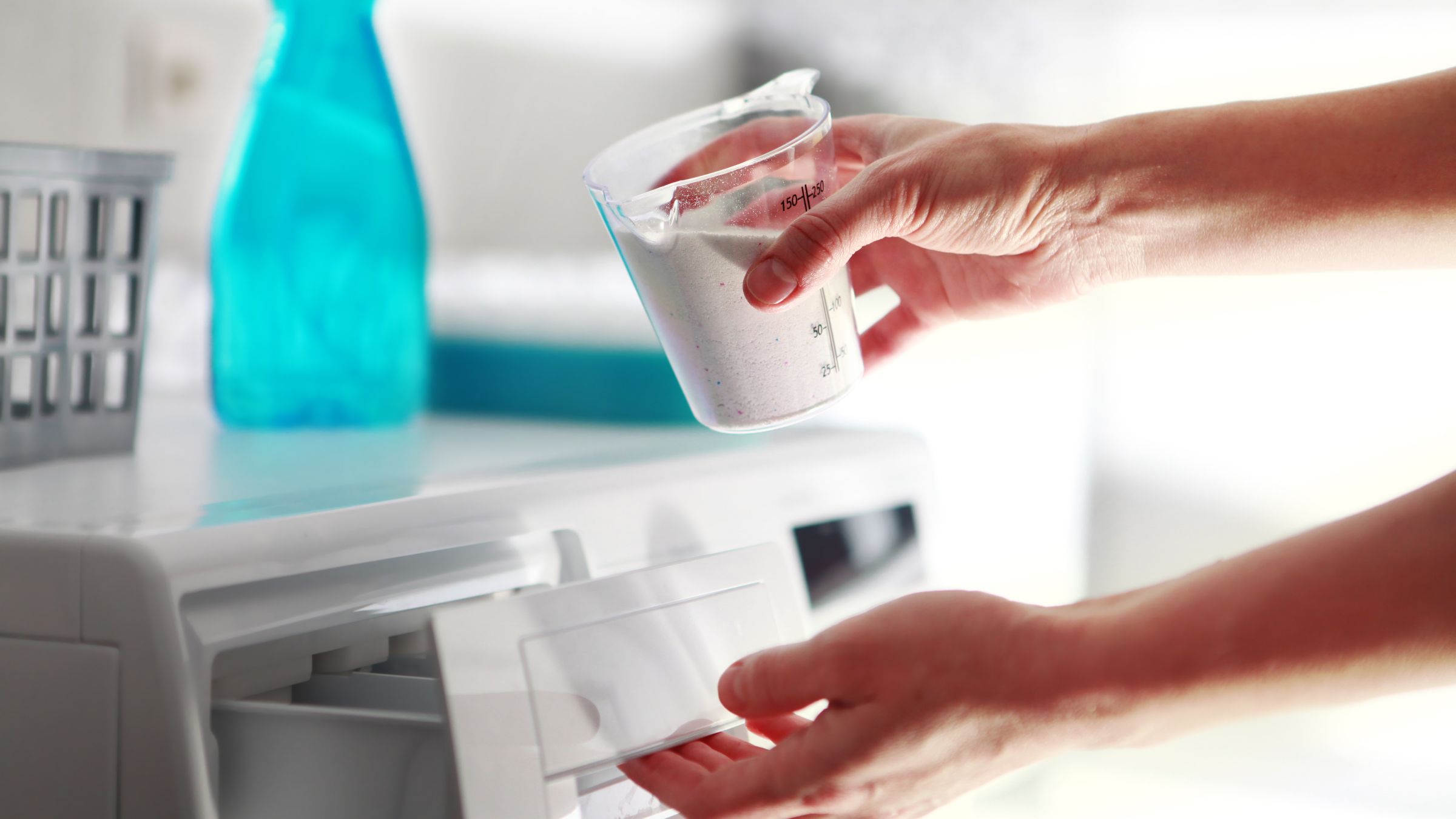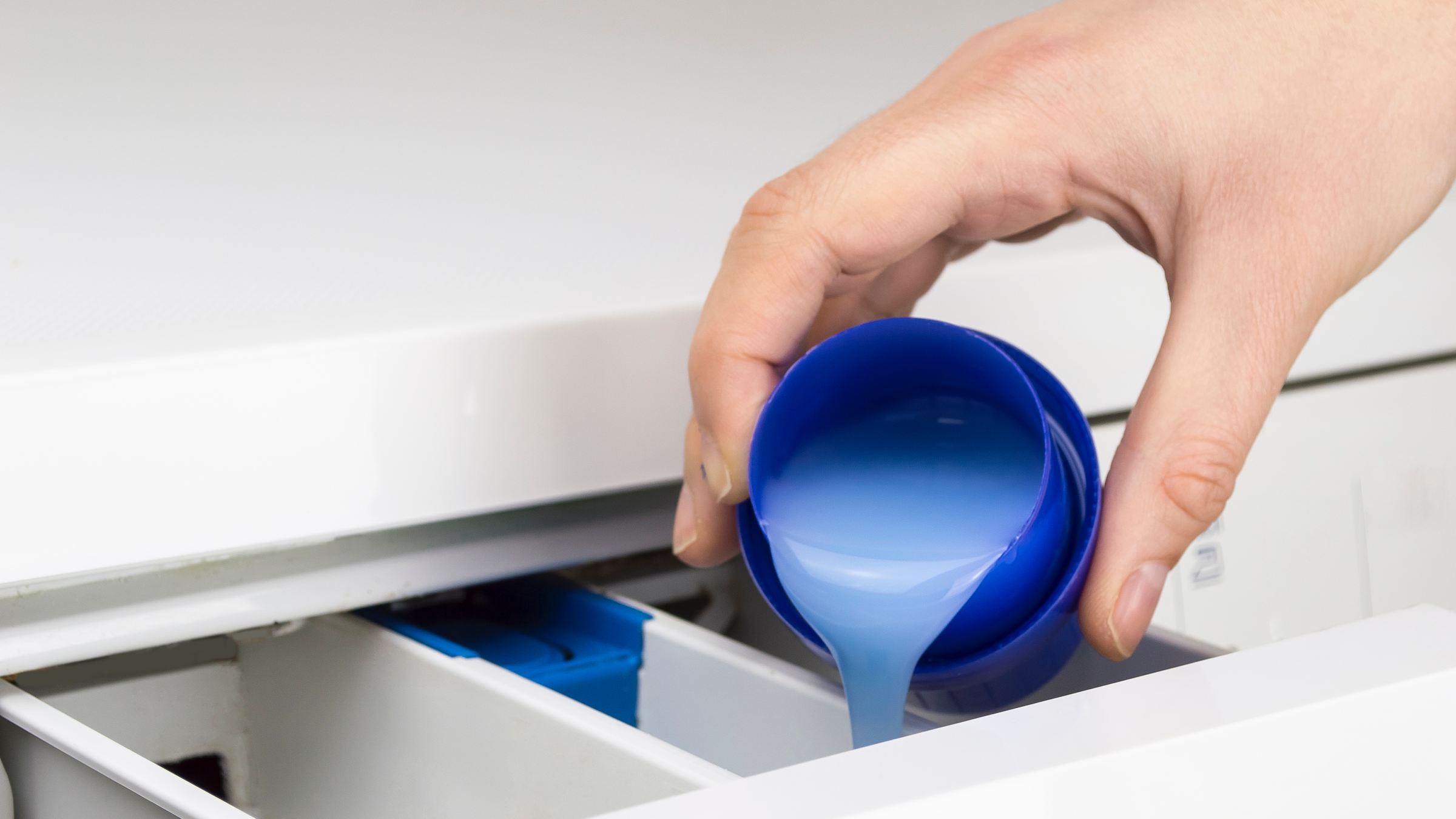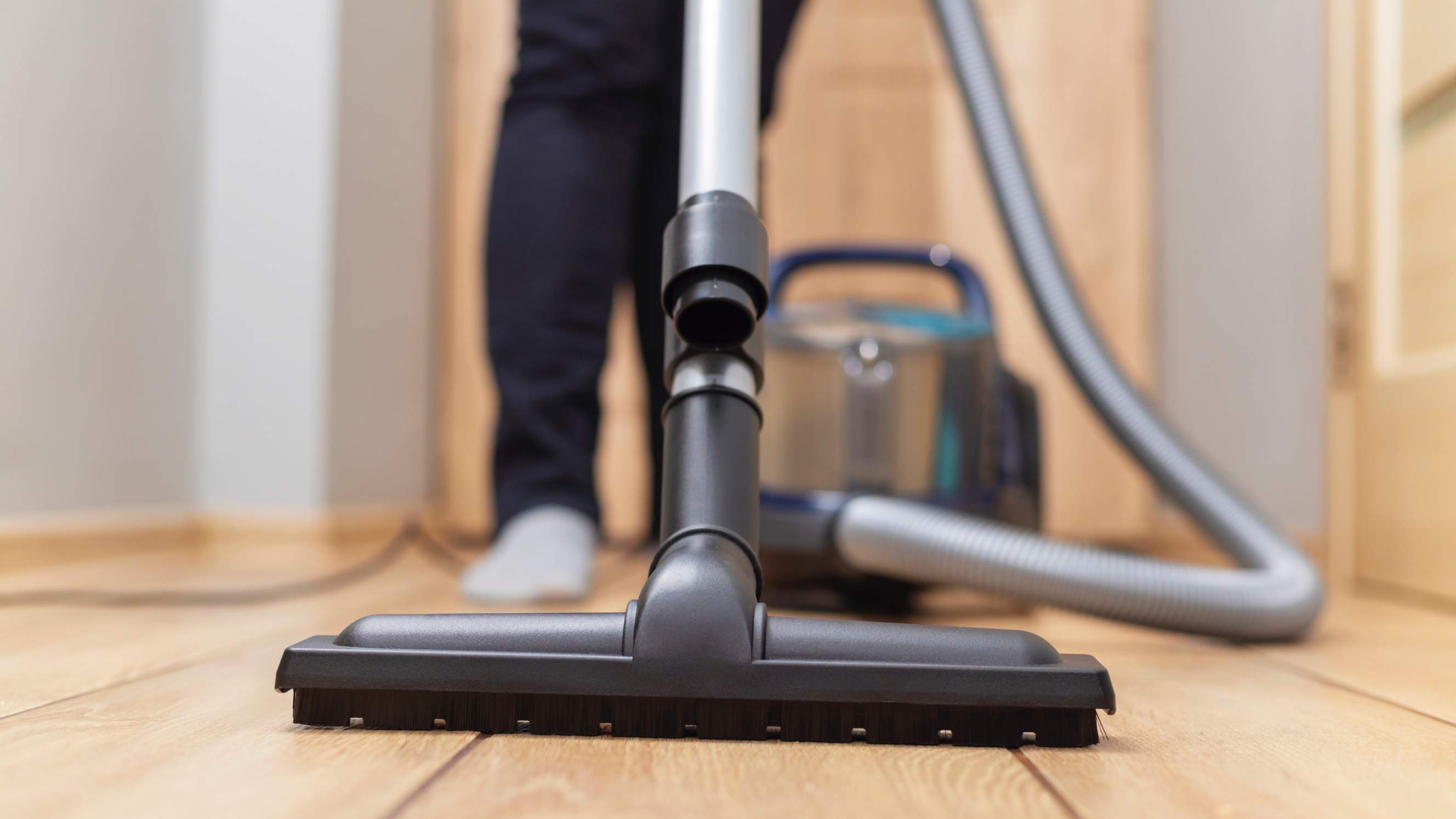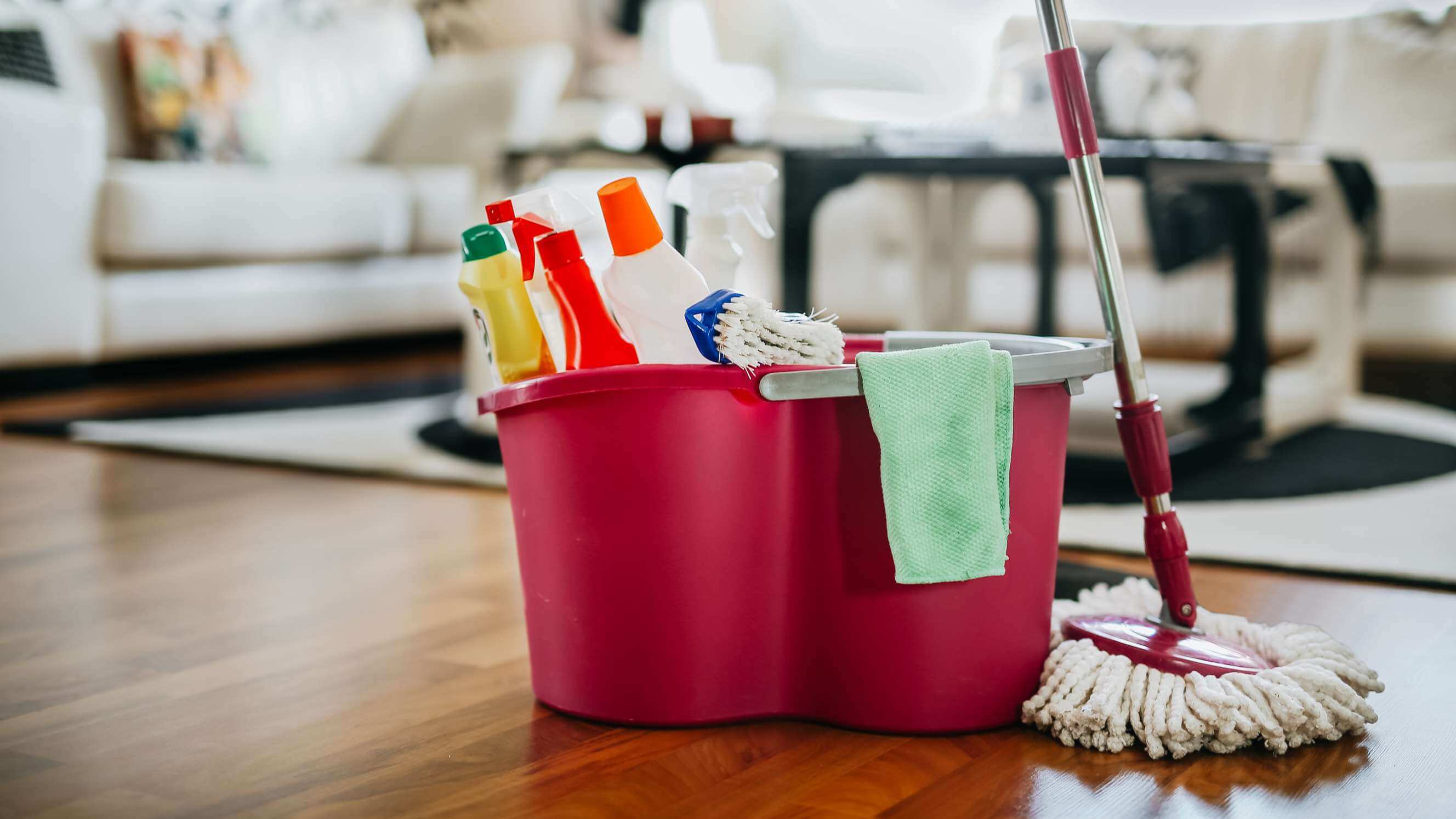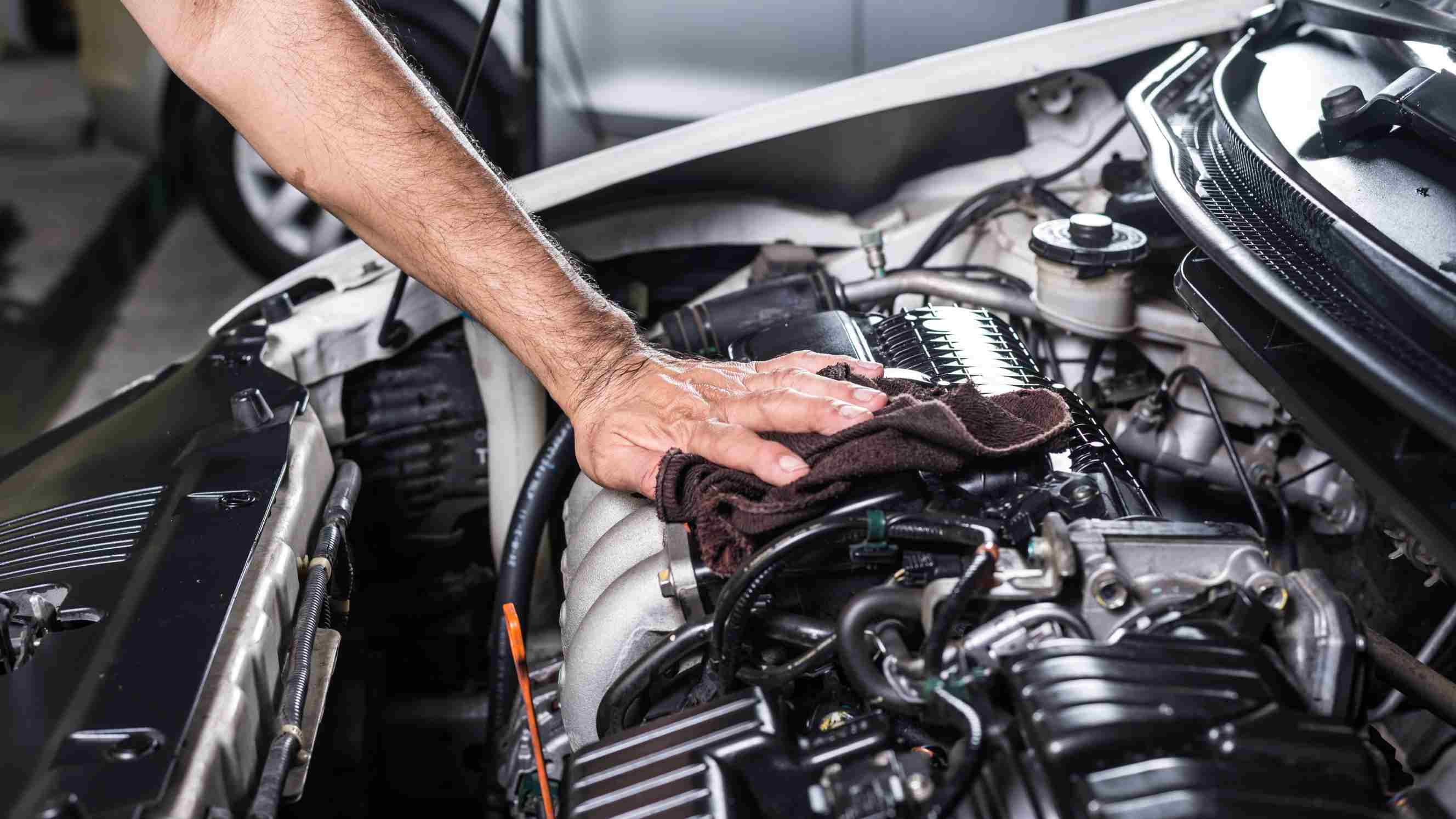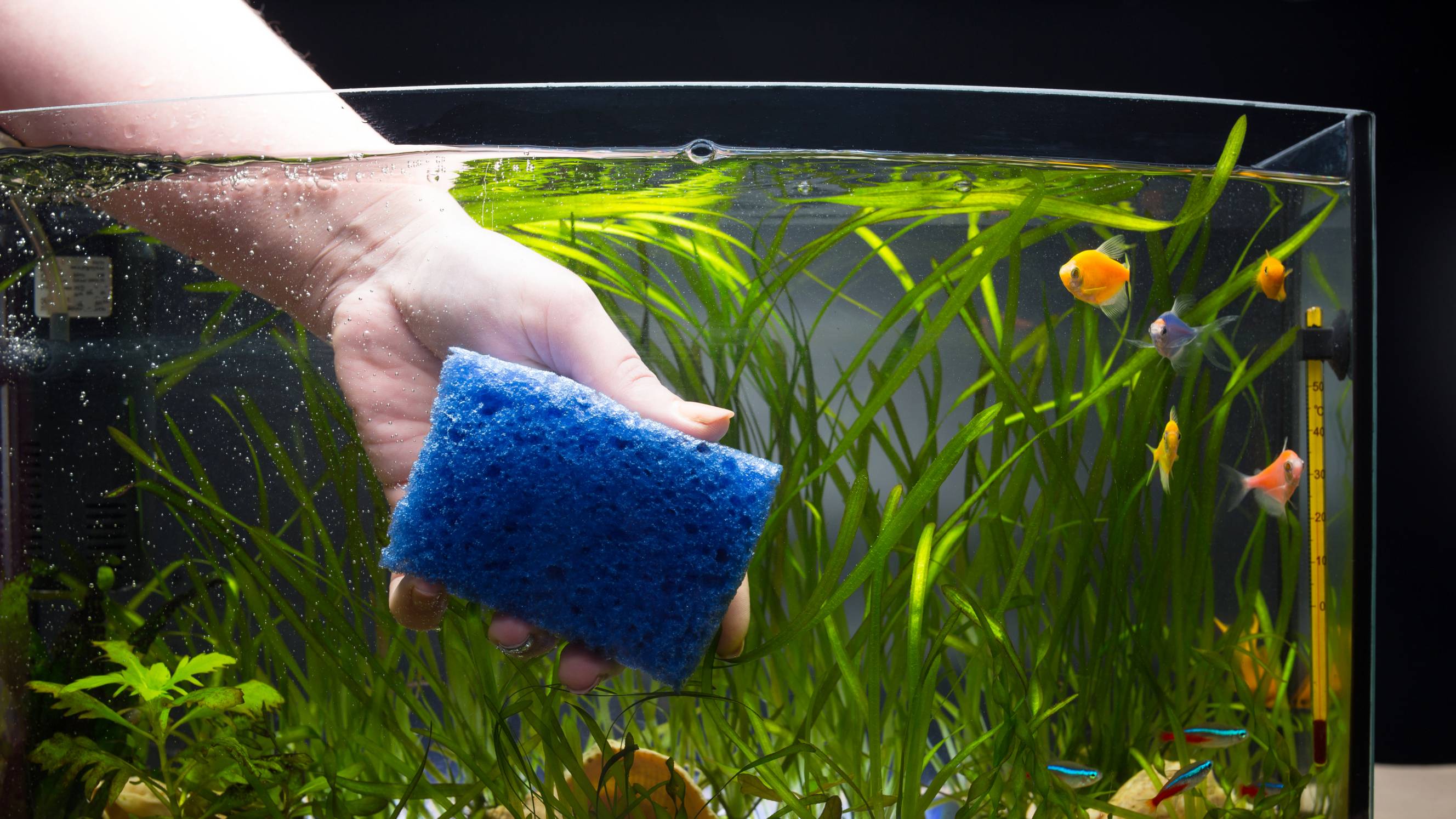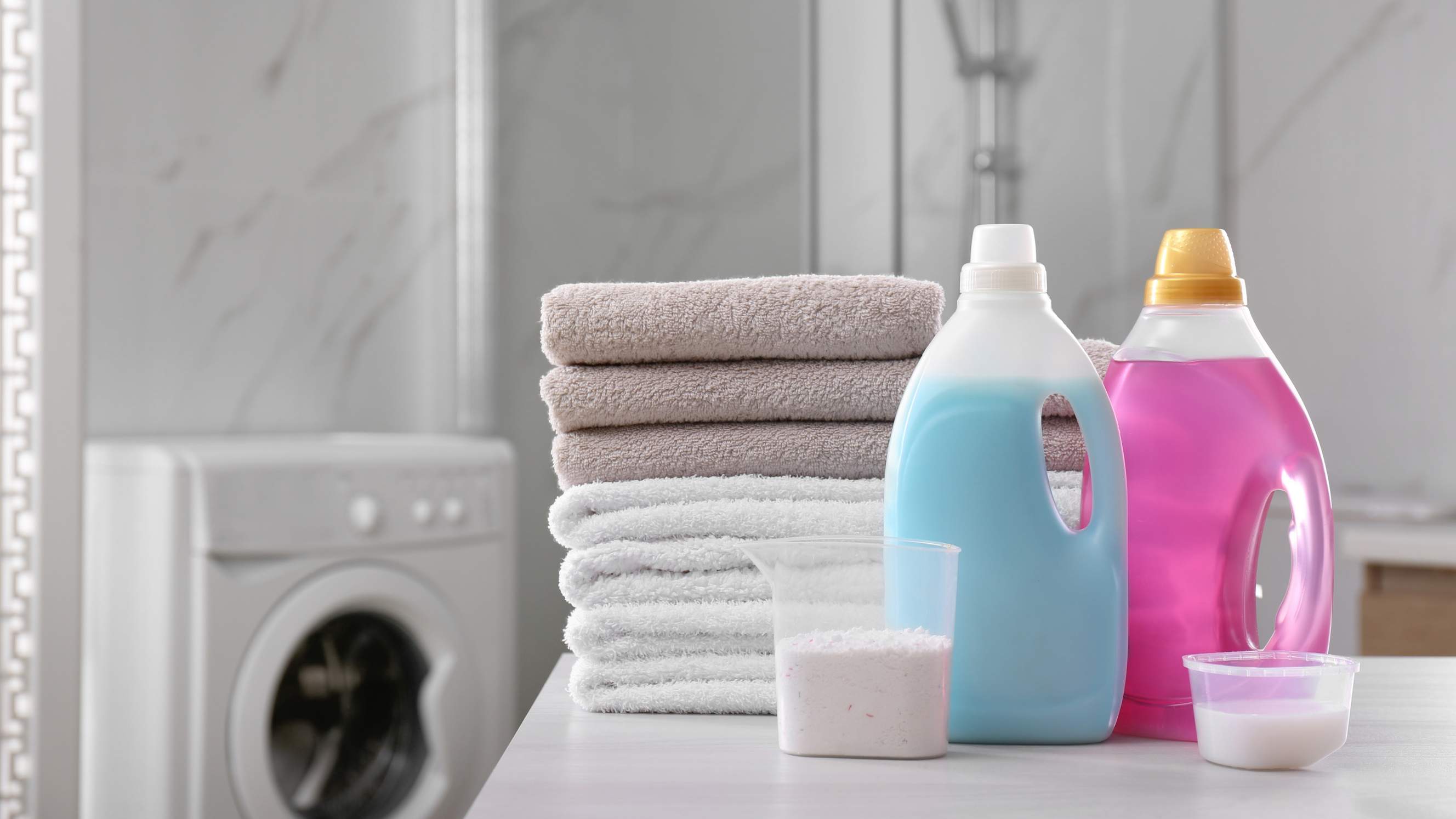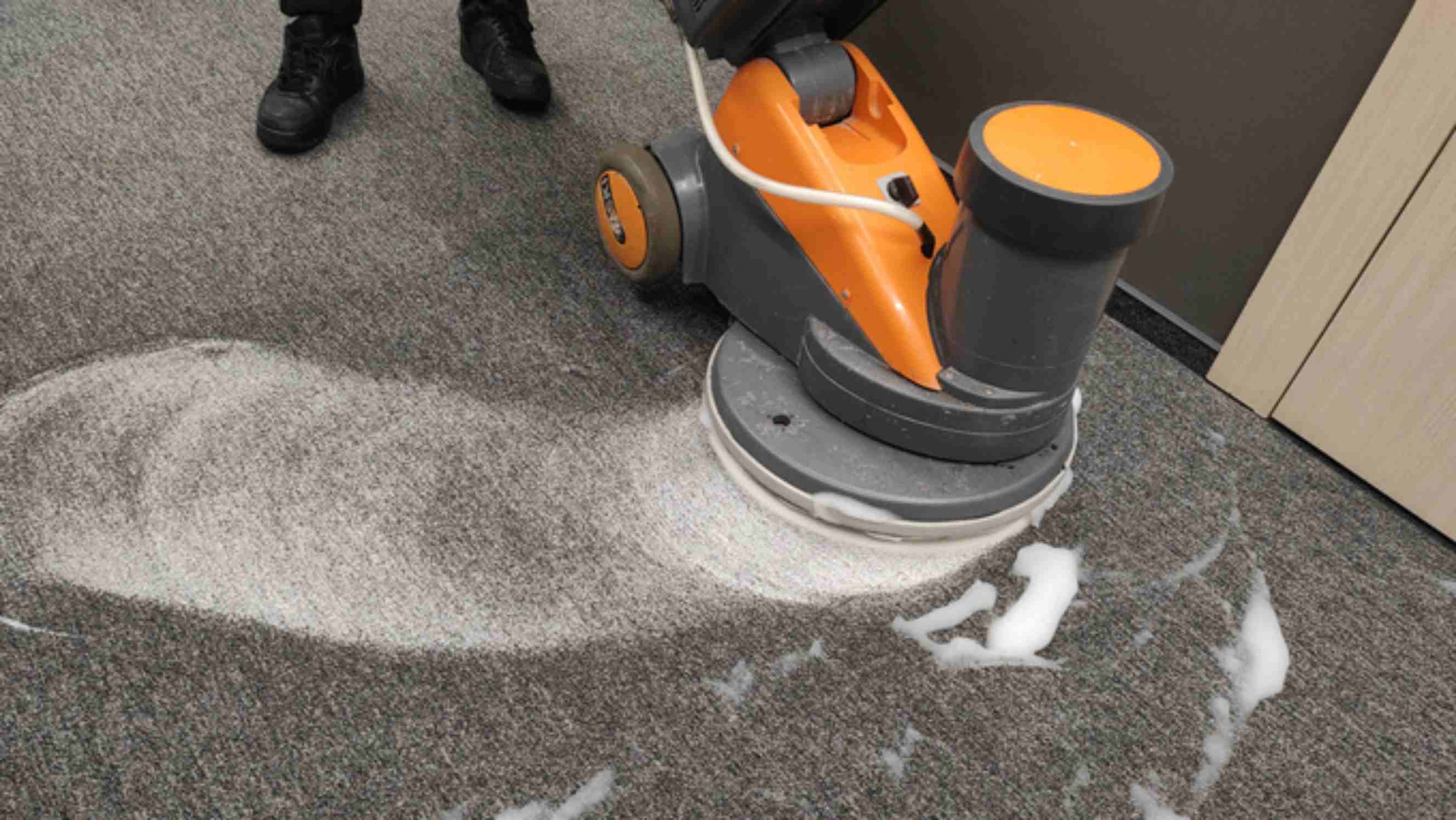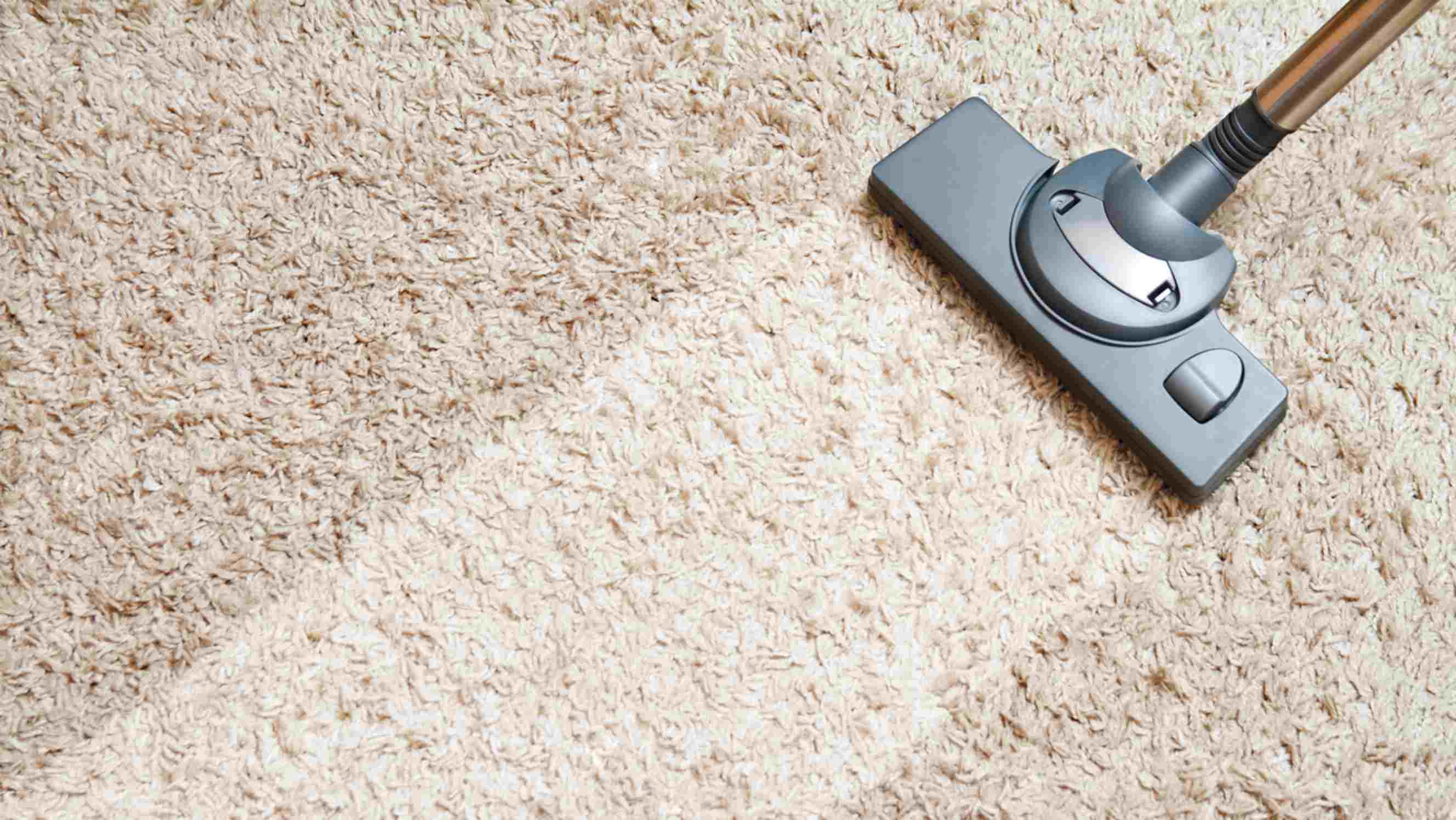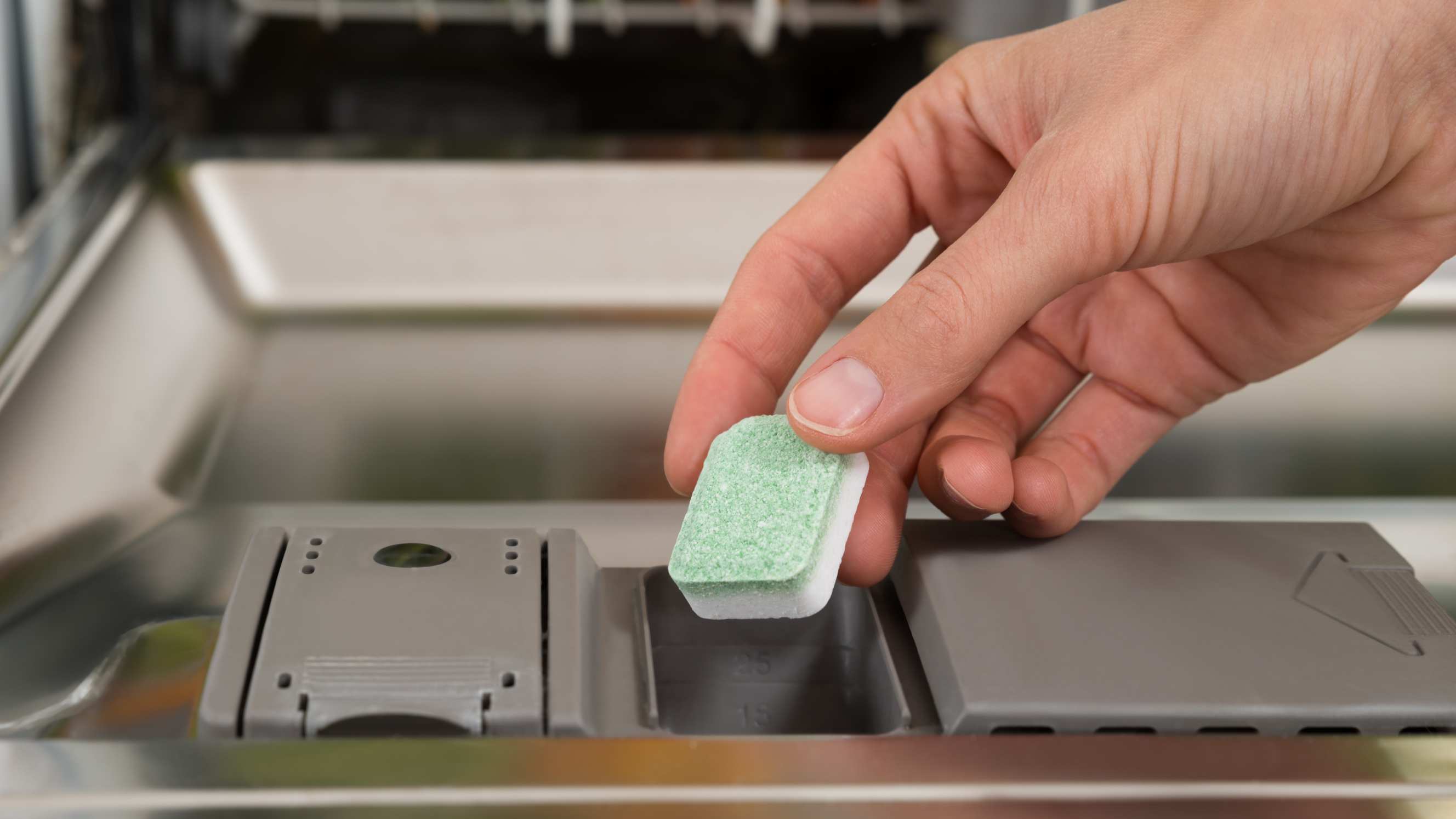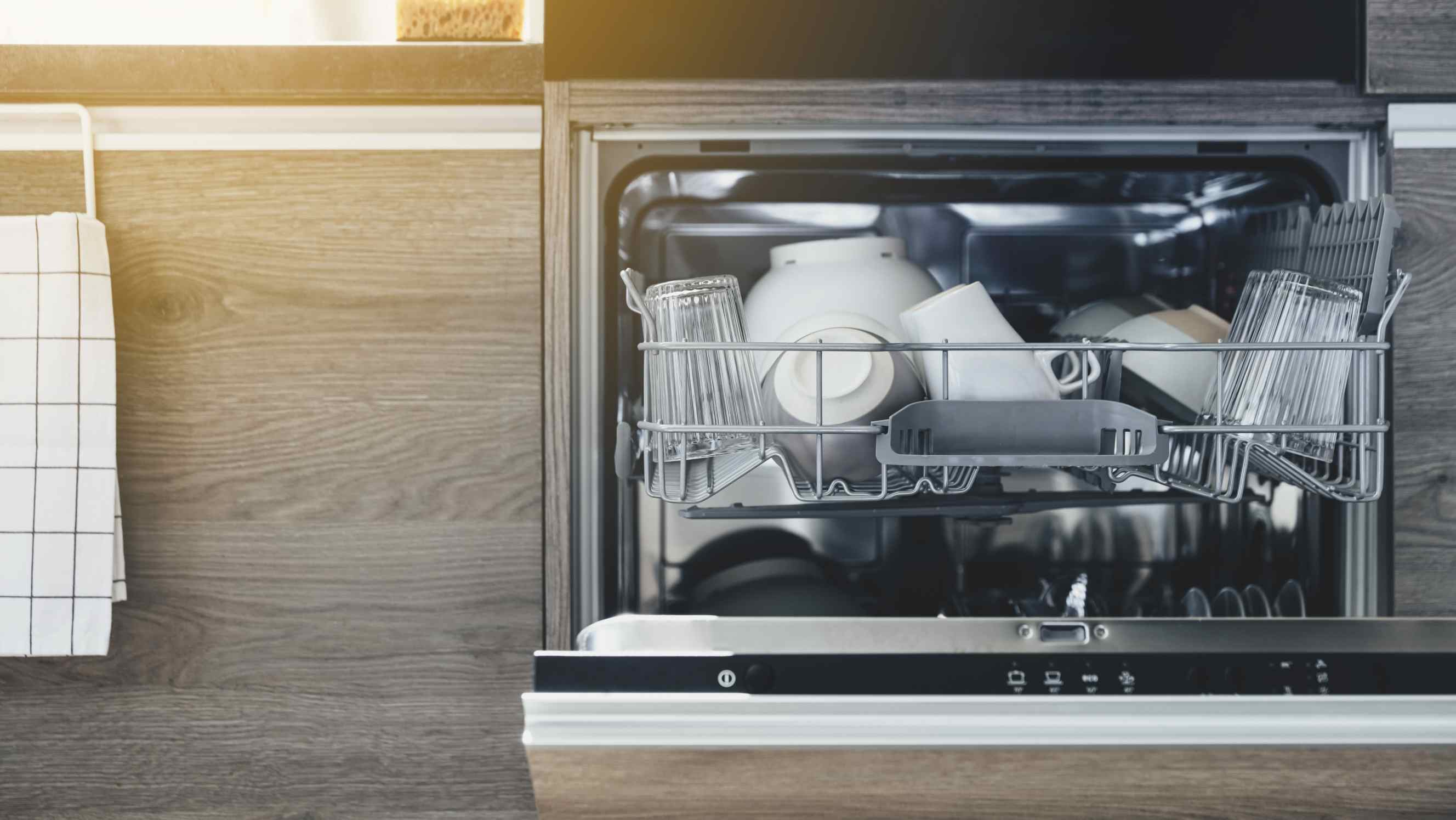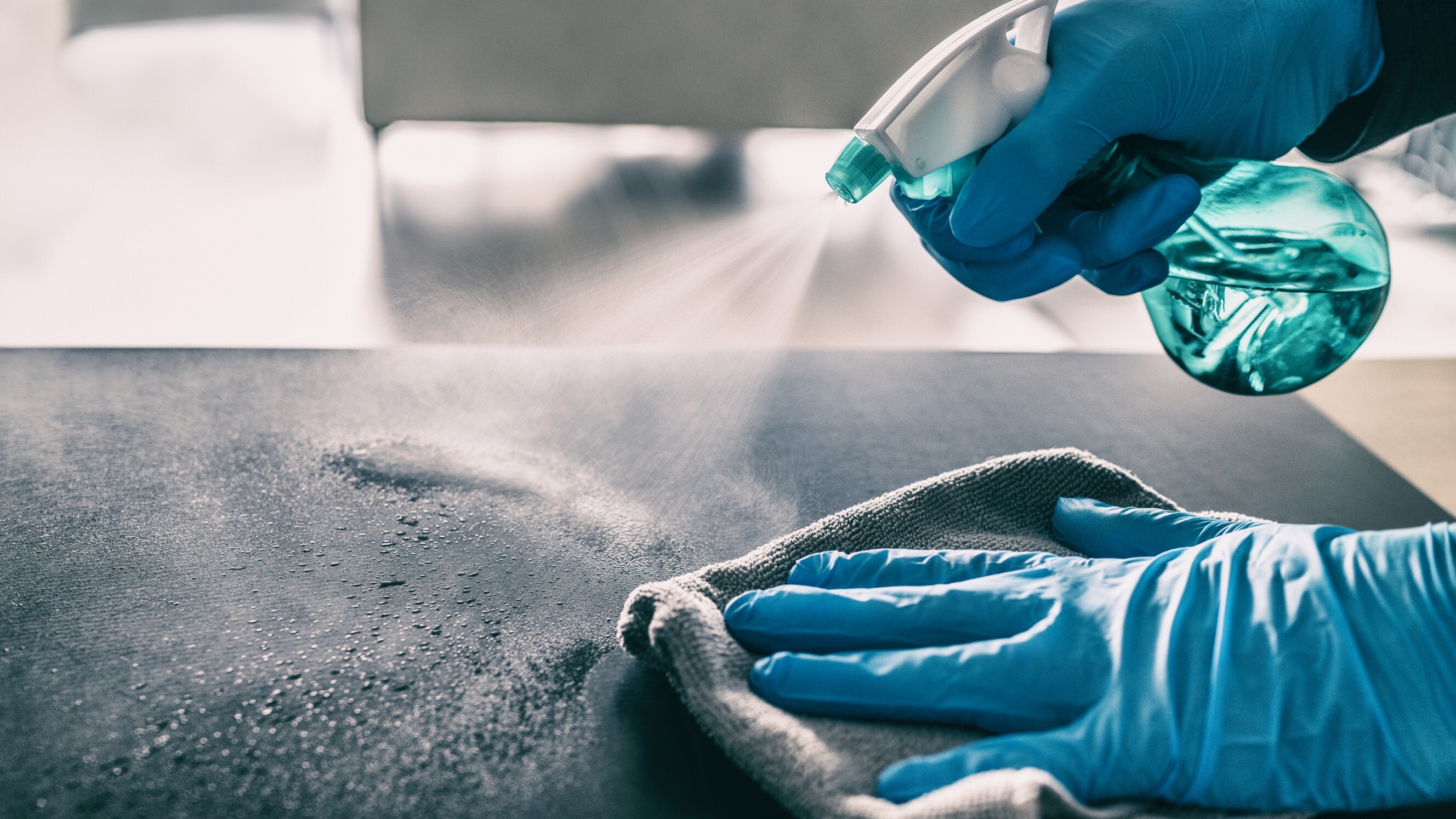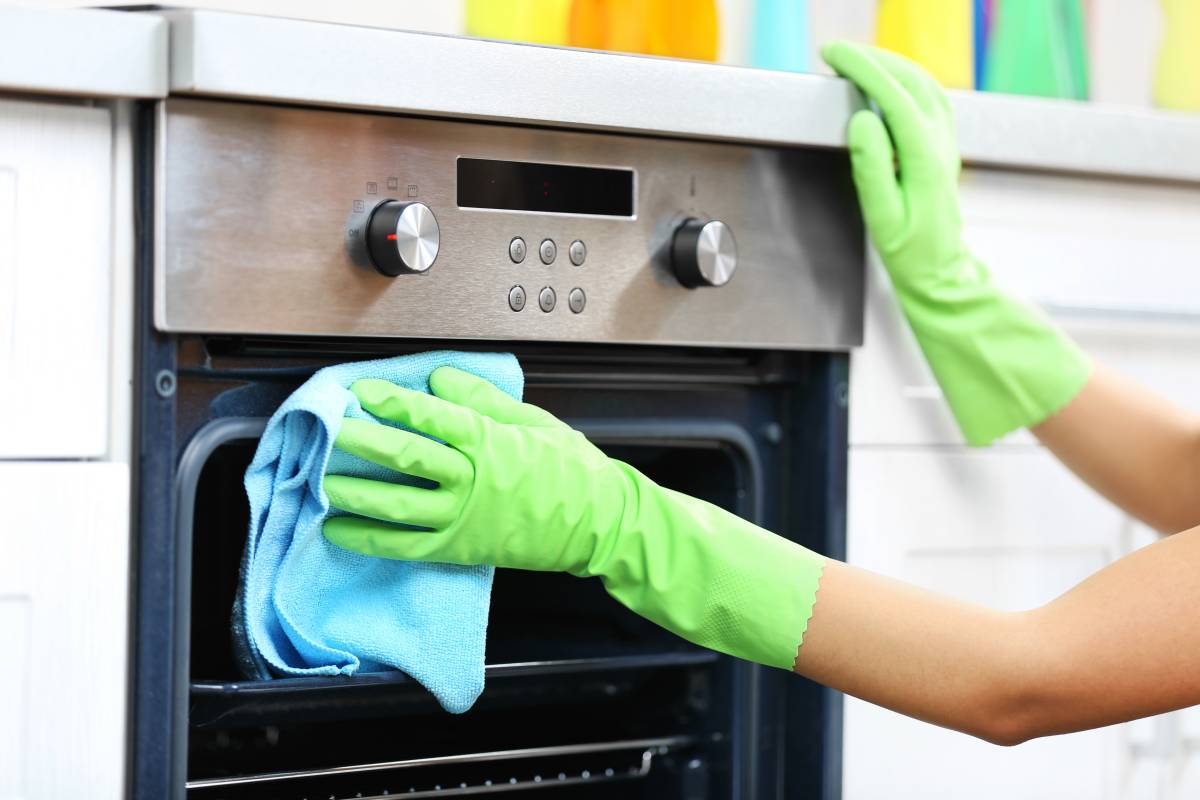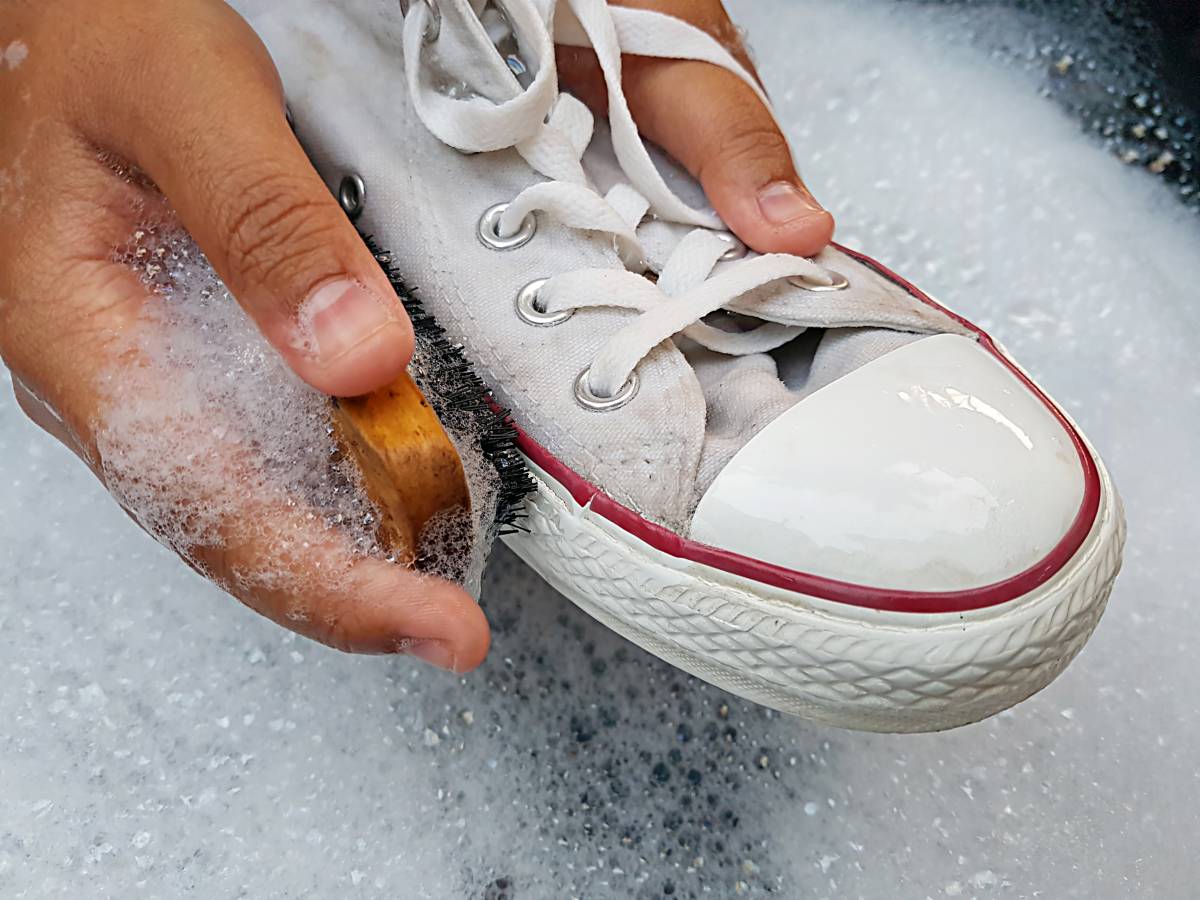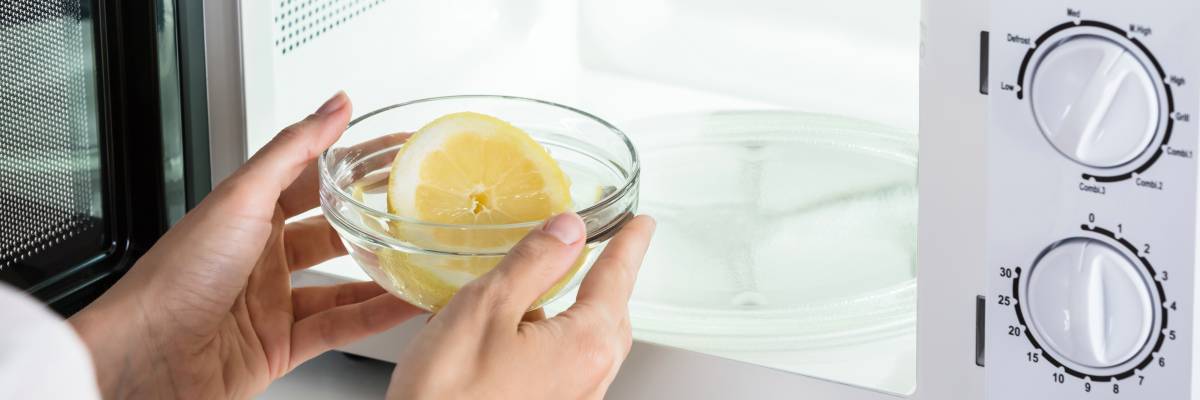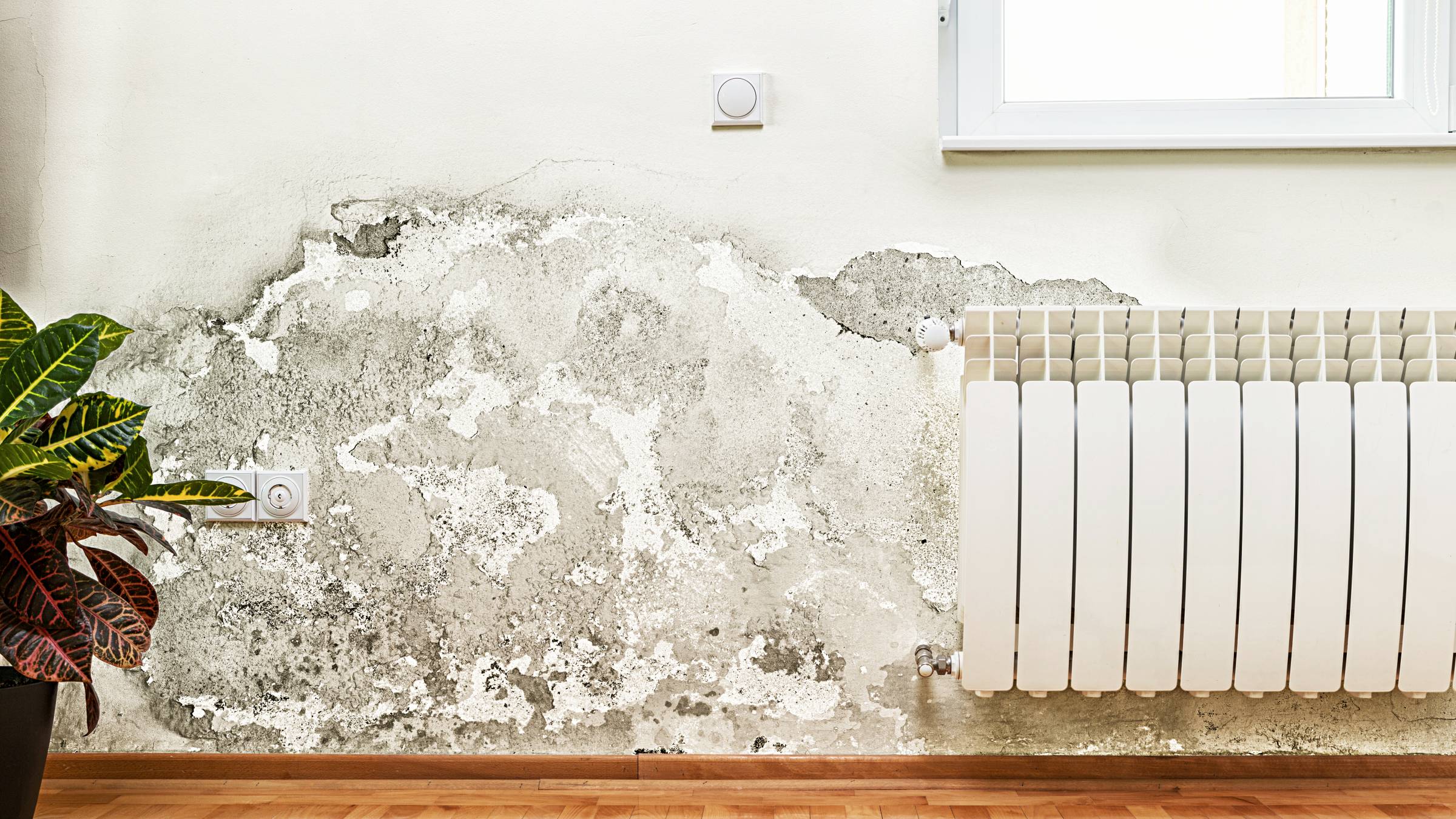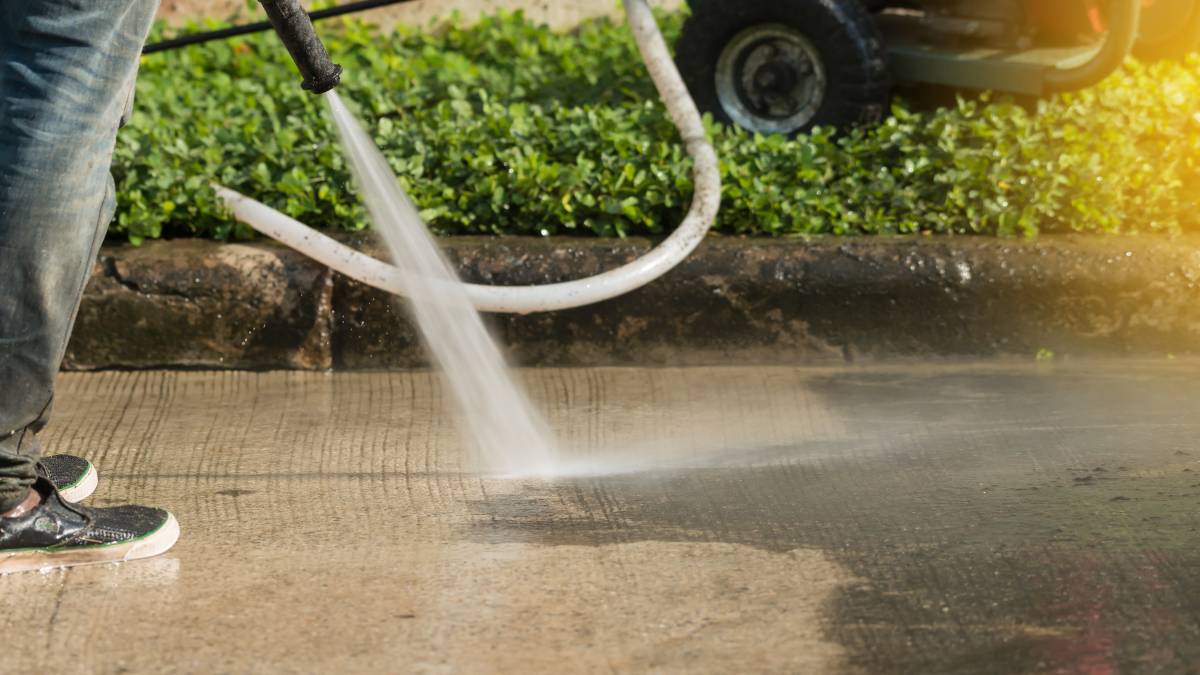- Home/
- Comparisons/
- Cleaning/
- Dishwasher vs Hand Washing
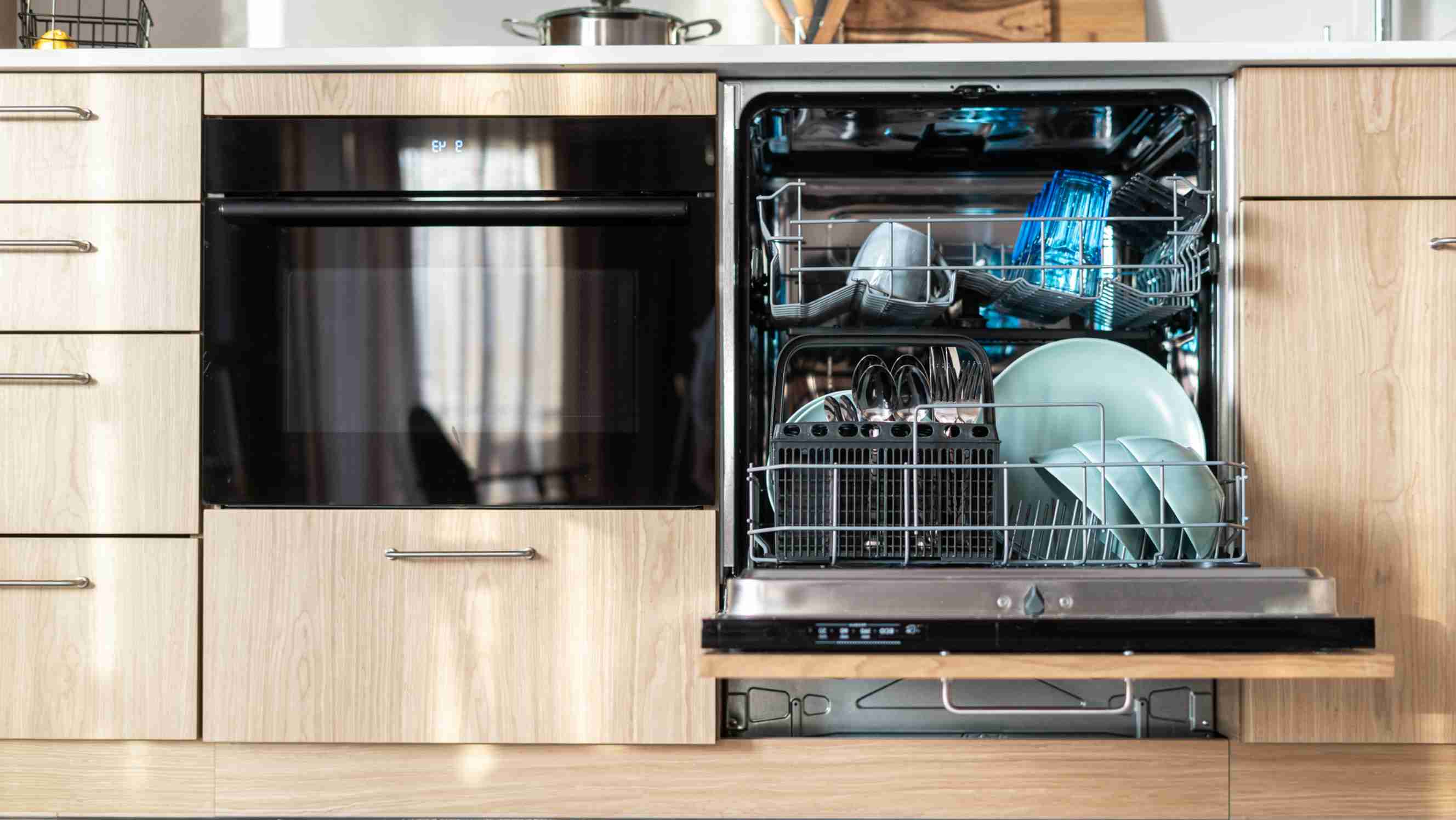
Dishwasher vs hand washing: Which is more efficient for cleaning dishes?
Comparing dishwasher and hand washing based on their cleaning ability, water usage, cost-effectiveness, and more.
Hire a cleaning expertLast Updated on
Key Facts
- A dishwasher is an automated machine designed for cleaning dishes and cutlery with minimal human intervention.
- Hand washing is the manual process of cleaning dishes using dish soap, water, and physical scrubbing.
In today’s fast-paced world, how fast we tackle household chores really affects our daily routines and overall quality of life. Among these tasks, dishwashing stands out as a recurring and, at times, tedious activity that can sometimes feel like a bit of a drag.
This is why the whole dishwasher vs hand washing debate has long been a topic of discussion in many households. Some prefer it because of its convenience and minimal effort, while others swear by the good old-fashioned way of washing plates by hand.
So which one is actually more efficient for cleaning dishes, dishwasher or hand washing? This comprehensive guide aims to explore the difference between the two. By the end, you can hopefully decide to either wash by hand or dishwasher.
What is a dishwasher?
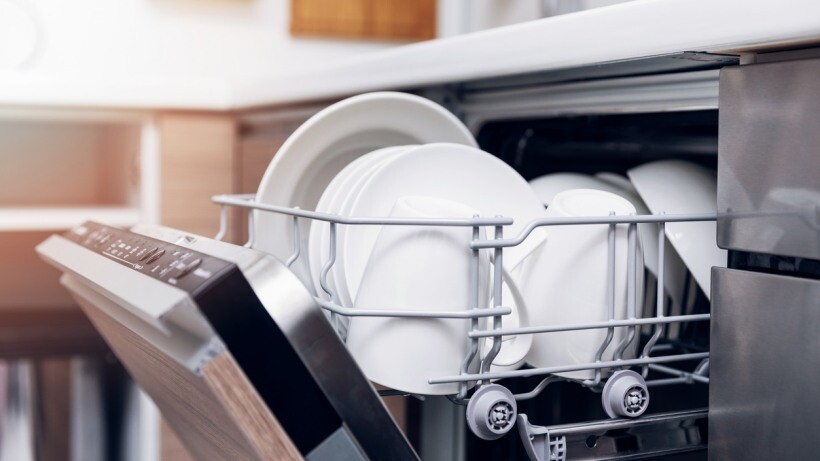
A dishwasher, whether it's an integrated or freestanding dishwasher, is essentially a life-saving appliance for many as it speeds up the task of cleaning dishes.
At its core, it’s an automated machine specifically engineered to clean dishes, cutlery, and occasionally other kitchenware with little to no need for physical scrubbing or manual labour. Simply load it with dirty dishes, add a dishwasher powder or tablet, select the appropriate cleaning cycle, and it does all the hard work for you.
Inside, the dishes are sprayed with jets of hot water mixed with detergent. This ensures a thorough clean that’s difficult to achieve manually.
Besides the convenience and time savings, dishwashers are also known for their ability to sanitise dishes by using hotter water than what would be bearable for hand washing. So, it provides both a healthier and potentially cleaner kitchen environment for those living alone or with a family.
What is hand washing? 
Washing dishes by hand is a traditional method of physically scrubbing dishes with soap and water to remove food particles, grease, and other residues. This process often requires soaking, rinsing, and sometimes re-rinsing to ensure that dishes are thoroughly clean and free from soap.
Hand washing lets you feel and see spots and food remnants that may need extra attention. People often choose it for delicate items that might not withstand the vigorous cleaning cycles of a dishwasher or for kitchens where a dishwasher isn’t an option.
Despite being more labour-intensive, this method gives individuals complete control over the cleaning process, from the temperature of the water to the amount of soap used. This is why it’s a preferred choice for some.
Hand wash vs dishwasher: Which is more efficient for cleaning dishes?
Having clean dishes is essential for maintaining a hygienic household, but which method is more efficient when it comes to cleaning dishes: dishwasher vs hand washing? This guide will break down the pros and cons of each method in terms of several factors to help you decide which is best for your situation.
In terms of cleaning ability
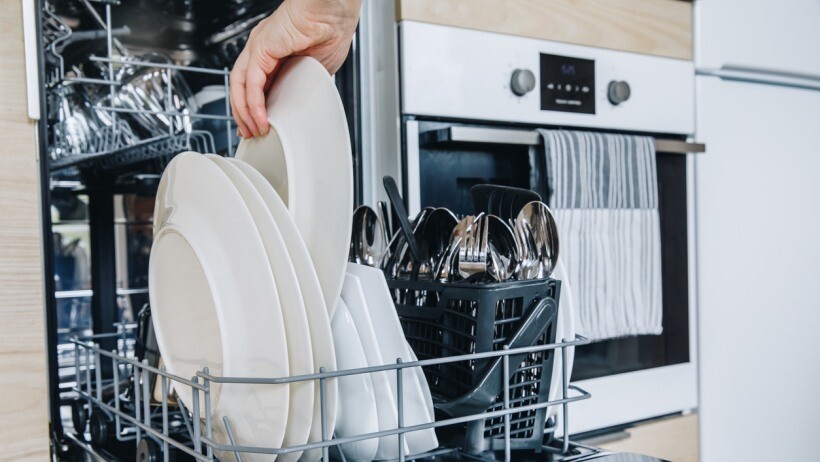
When it comes to the cleaning ability of a dishwasher or washing by hand, the former tends to have the upper hand. A modern dishwasher is designed with advanced technology that lets it remove not just visible food residue but also microorganisms.
The high temperatures reached inside a dishwasher, often between 60°C to 62°C, ensure a level of sanitation that’s difficult to achieve with hand washing. This is because the hot water temperatures needed to kill bacteria are generally too hot for skin contact.
On the other hand, washing plates manually requires meticulous effort to reach the same level of cleanliness. Even with harsh scrubbing, it’s challenging to maintain the consistent temperature and detergent concentration necessary to kill bacteria and remove all residues effectively.
However, hand washing might be preferred for items that are delicate or not dishwasher-safe because of its more controlled and gentle cleaning process.
In terms of water usage
Water consumption is a critical factor when comparing dishwashers to hand washing. So, how much water does a dishwasher use?
Surprisingly, water-efficient dishwashers actually use less water than washing dishes by hand. This is especially the case when you consider the amounts needed to rinse and wash a full load of dishes in the sink.
An Energy Star-rated dishwasher’s water usage can be as little as 3 gallons of water per cycle, while hand washing can use up to 27 gallons for the same amount of dishes. This significant difference is primarily due to the optimised water usage technology in modern dishwashers that recycle water throughout the cleansing cycle.
Meanwhile, washing dishes by hand under a continuously running tap or in multiple sinkfuls of water can lead to excessive water consumption. Even if you use a washing-up bowl, you’d still end up using an unnecessary amount of water.
In terms of energy efficiency
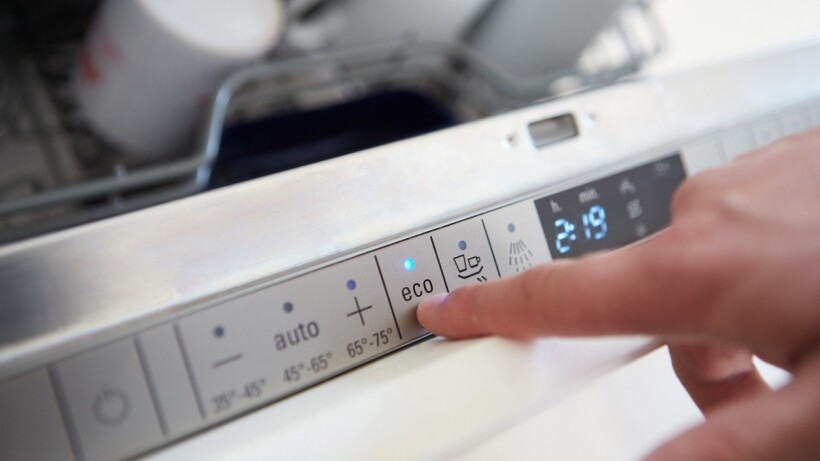
One of the first questions anyone ever asks when choosing between handwashing and a machine is if it’s going to use too much power. So, with that in mind, do dishwashers use a lot of electricity?
Well, a dishwasher’s power consumption, particularly an Energy Star-certified one, is designed to be highly energy efficient. They use less electricity to heat the water and complete a washing cycle than the energy required to heat an equivalent volume of water using a home’s water heater for washing by hand.
The exact energy savings can vary based on the dishwasher model and the efficiency of the home’s water heating system. However, it’s clear that dishwashers often lead to lower energy consumption.
Hand washing’s energy usage primarily revolves around the heating of water. When washing dishes by hand, one might constantly waste hot water for an extended period. This can significantly increase a household’s energy consumption, especially if the water heater is not particularly efficient.
If the person washing the dishes by hand opts not to use hot water, the energy consumption will be less. However, the effectiveness of cleaning may be impacted.
In terms of convenience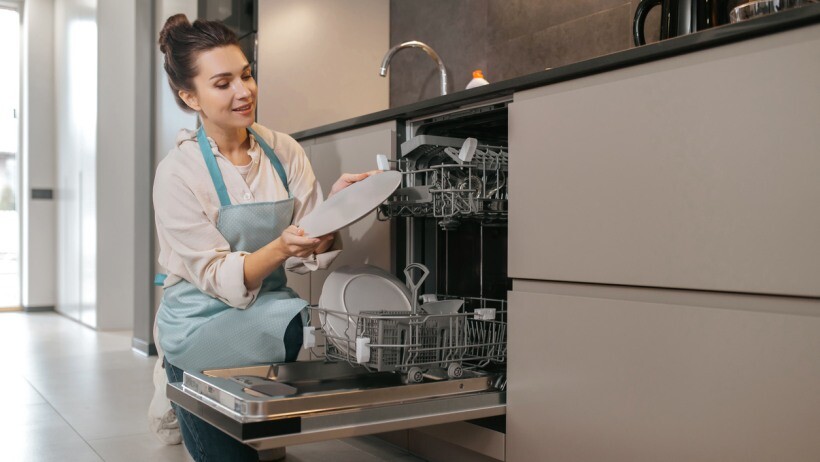
The convenience offered by dishwashers is something else. Firstly, they save time. Instead of standing over the sink to scrub, rinse, and dry each item, you can simply load the dishwasher and start a cycle.
This allows multitasking—possibly attending to other chores or relaxing. Modern dishwashers even come with various settings to suit different loads and cleaning needs.
On the contrary, hand washing demands constant attention from pre-washing to drying. This process can be especially time-consuming when dealing with a large number of dishes or particularly soiled cookware. Plus, it requires physical effort to scrub and rinse dishes. This can be difficult for individuals with certain physical limitations.
In terms of environmental impact
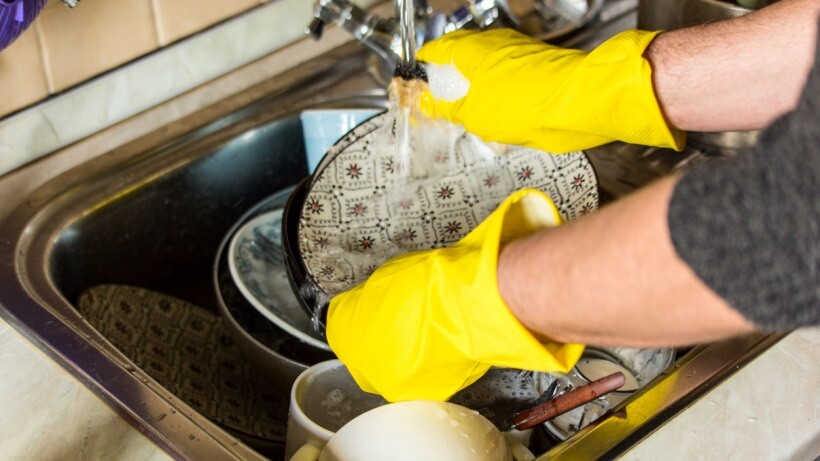
When gauging environmental impact, it’s essential to weigh the usage of water and how much energy is spent. After all, the goal is to reduce waste and conserve resources.
Traditional hand washing can consume significantly more water compared to energy-efficient dishwashers. A running tap can use up to 2 gallons of water per minute, while an Energy Star-certified dishwasher can clean a full load of dishes with as little as 3 gallons per cycle.
The energy used to heat water in a modern dishwasher, especially those that are energy-efficient, is generally less. This not only reduces energy consumption but also minimises the carbon footprint associated with heating water. Dishwashers are also now more sophisticated, with many models now featuring eco-friendly cycles that optimise water and energy use according to the load.
In terms of cost-effectiveness

When analysing dishwasher vs hand washing costs, initial and ongoing expenses must be considered. The purchase price of a dishwasher might seem steep, ranging from £100 to £500, with high-end models reaching up to £2000. Then, you can easily spend £350 - £700 for the installation. However, this is a one-time investment that can last for many years.
If you want to save more, you can also opt to install the dishwasher yourself. Just make sure to follow the manufacturer’s instructions carefully and take all necessary safety precautions.
On the other hand, the costs associated with hand washing—such as sponges, which can range from £3.25 to £7.79 for a 3-piece pack, and dishwashing soap, costing between £12.14 and £15.45 for 5L bottles—are recurrent and can add up over time.
Additionally, considering the annual water bill at approximately £448, efficient dishwashers can significantly reduce water consumption, thereby lowering this expense over time.
Embrace efficiency – Achieve hassle-free dish cleaning with Airtasker
Enhance the efficiency of your kitchen chores by hiring expert cleaners near you. Fortunately, Airtasker can connect you with seasoned professionals who specialise in high-quality cleaning services effortlessly. Let an expert take the stress out of your dishwashing chores, ensuring your kitchen remains spotless.
Not only that, but you can also use the platform to get help with installing, maintaining, or repairing your dishwasher. Post a task on Airtasker today and discover how easy it is to find people ready to assist with your dishwashing and other kitchen needs.
Dishwasher vs hand washing
| Dishwasher |
Hand Washing |
|
| Cleaning Ability |
Superior dish cleaning and sanitation due to high temperatures and advanced technology |
Requires effort, yet may not achieve the same level of sanitation |
| Water Usage |
Uses less water, with efficient models using as little as 3 gallons per cycle |
Can use up to 27 gallons for the same amount of dishes |
| Energy Efficiency |
Energy Star-certified models use less electricity |
Energy usage depends on the amount of hot water used, potentially higher |
| Convenience |
Saves time and effort; allows multitasking with automatic cleaning cycles |
More labour-intensive and time-consuming, requiring constant attention |
| Environmental Impact |
Reduces water and energy consumption, minimising environmental impact with eco-friendly cycles |
Higher water and potential energy usage, depending on hot water usage for cleaning |
| Cost-Effectiveness |
Initial higher purchase and installation costs, but more cost-effective in the long run due to efficiency |
Lower initial costs but recurrent expenses for supplies can add up, along with higher water bills |
FAQs on dishwashers and hand washing
The main disadvantages of a dishwasher include the initial purchase cost, the space required to house them in smaller kitchens, and their unsuitability for certain delicate dishes or hand-wash-only items.
The most hygienic way to wash plates is by using a dishwasher on a high-temperature cycle, as it can kill more bacteria and viruses compared to hand washing. For hand washing, use hot water and dish soap, and ensure dishes are completely dried.
To sanitise dishes without a dishwasher, first wash them with soap and water. Then, soak them in a solution of 1 tablespoon of unscented chlorine bleach per gallon of warm water for at least one minute. Allow them to air dry.
Find cleaners, fast
Post a task
Related articles

How to clean Venetian blinds
Read more
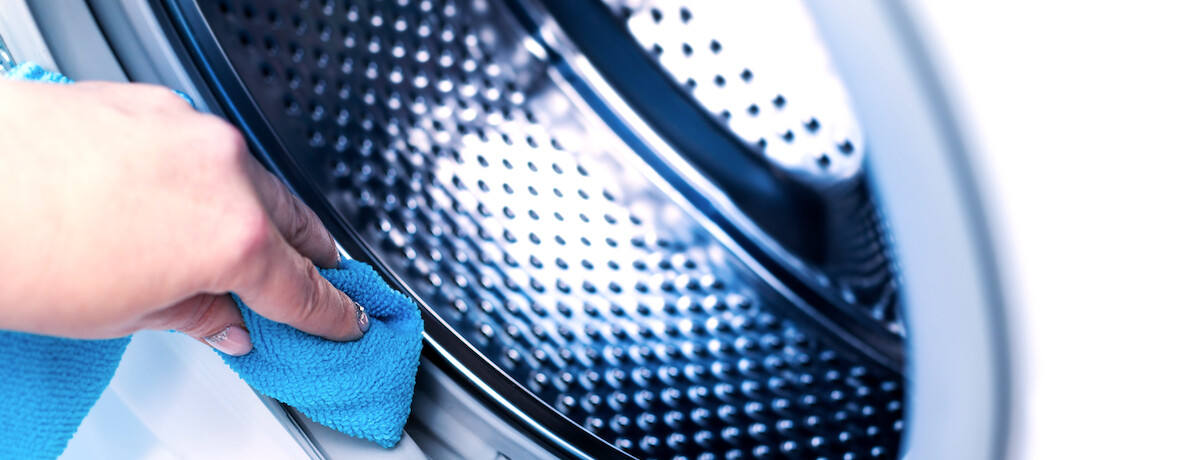
How to best clean a washing machine
Read more
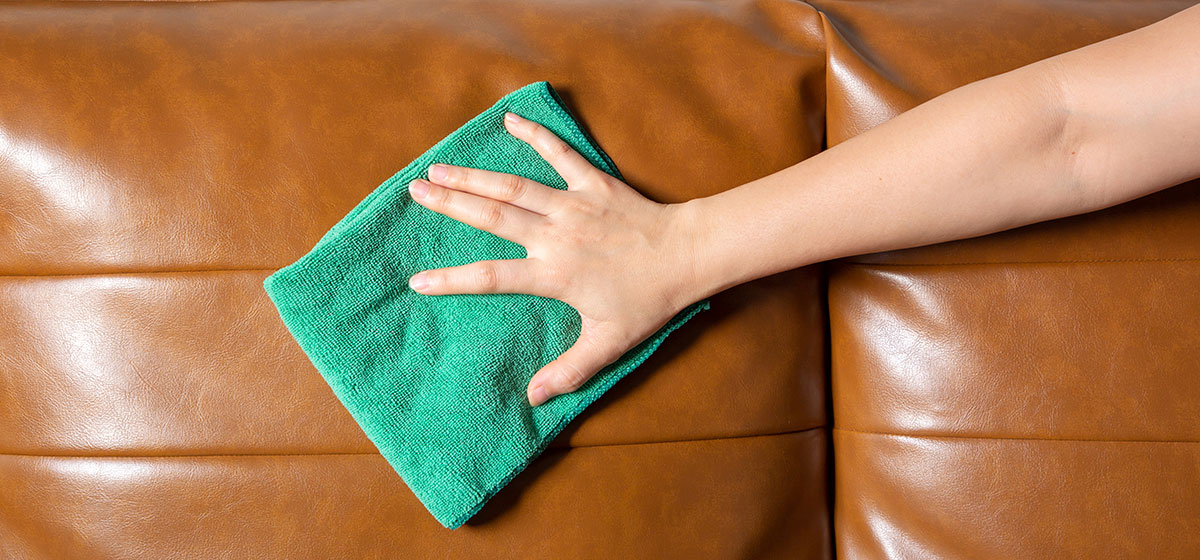
How to clean leather couch at home
Read more

How to get a cleaning certification
Read more
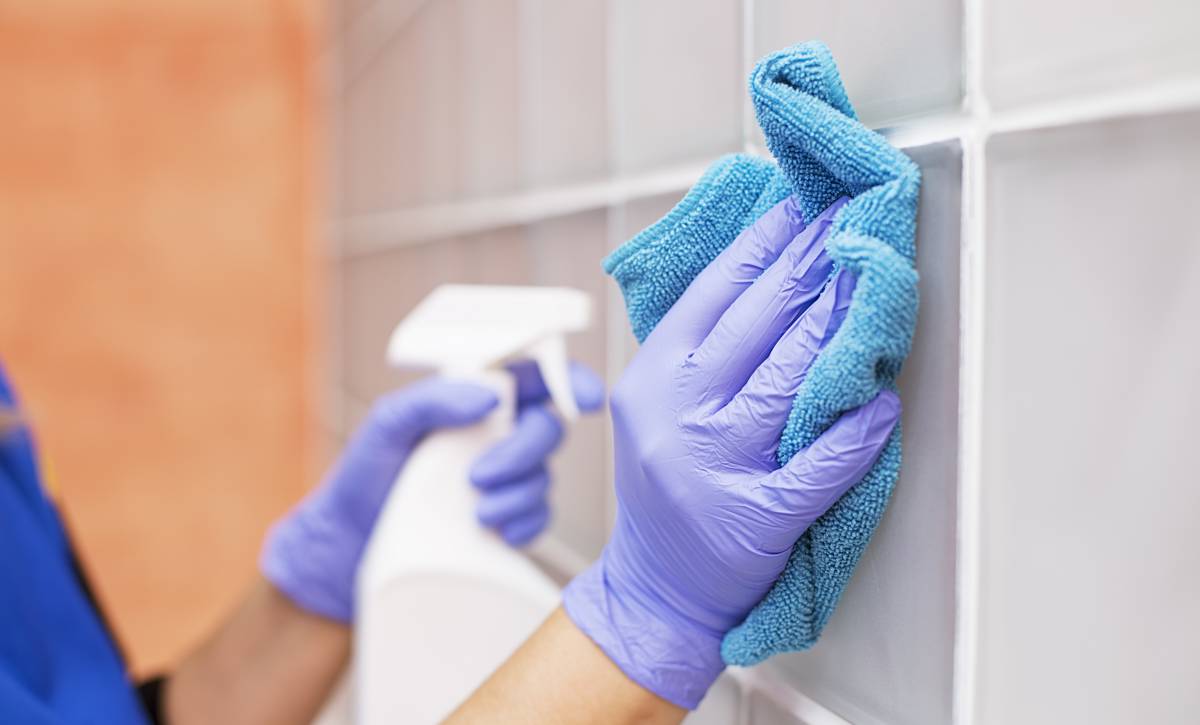
How to get more cleaning jobs
Read more
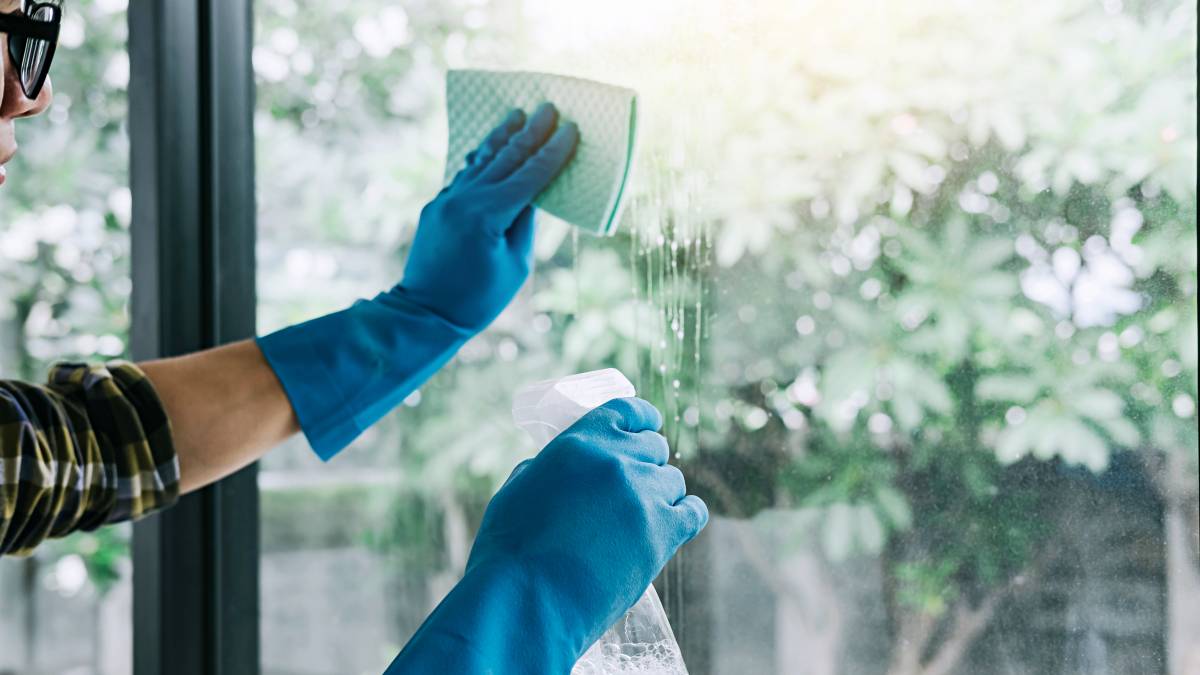
How to price cleaning jobs
Read more
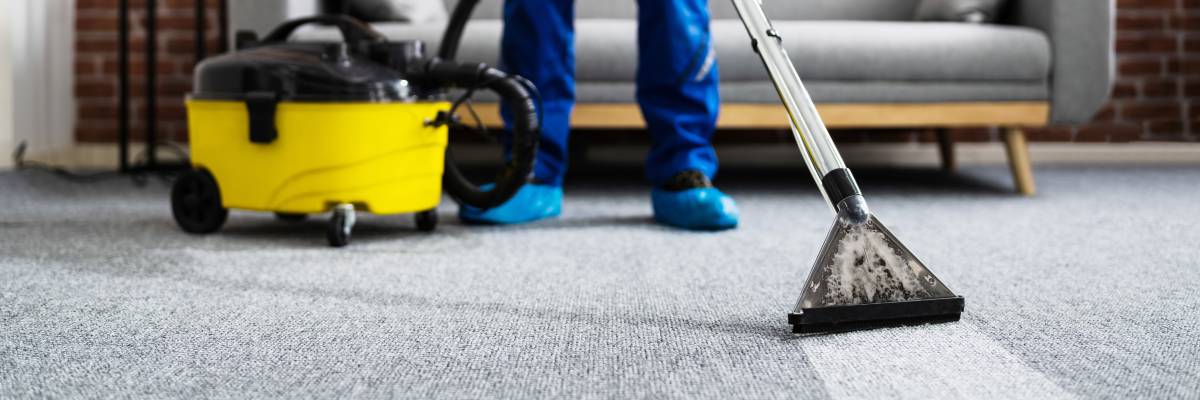
How to become a housekeeper
Read more

How to clean a duster
Read more
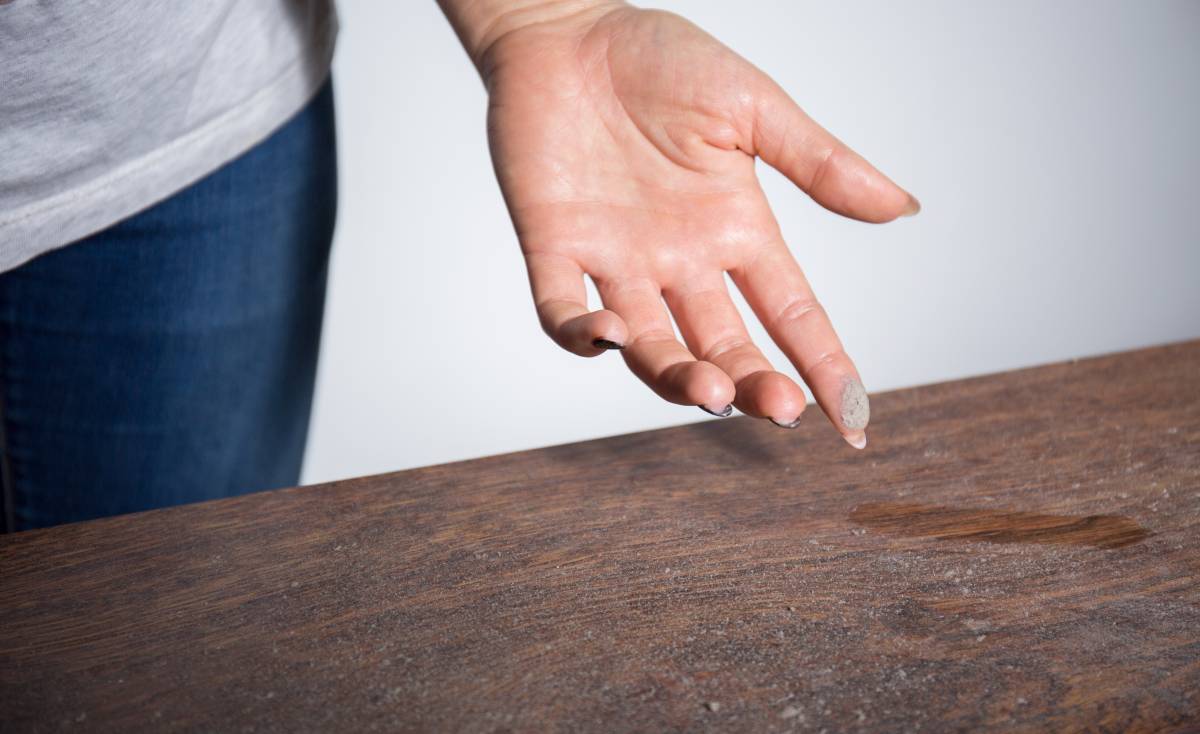
How to get rid of dust in your home
Read more

How to keep your desk dust-free
Read more
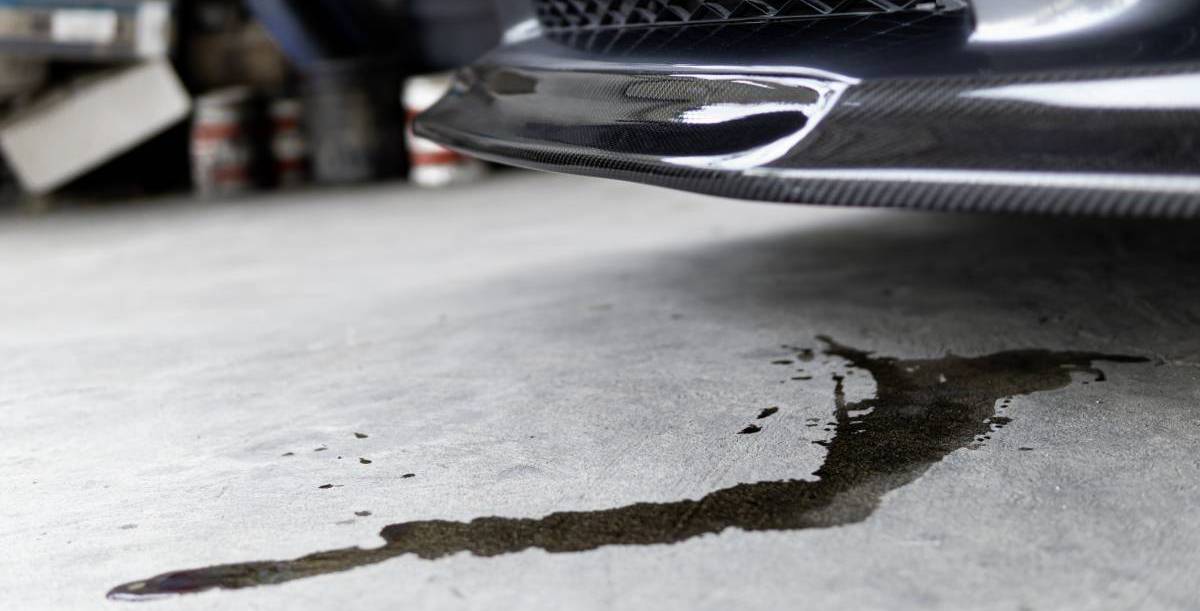
How to clean a garage floor
Read more

End of tenancy cleaning checklist
Read more

The ultimate spring cleaning checklist
Read more
Related price pages

How much does tile cleaning cost?
Read more

How much does mould removal cost?
Read more
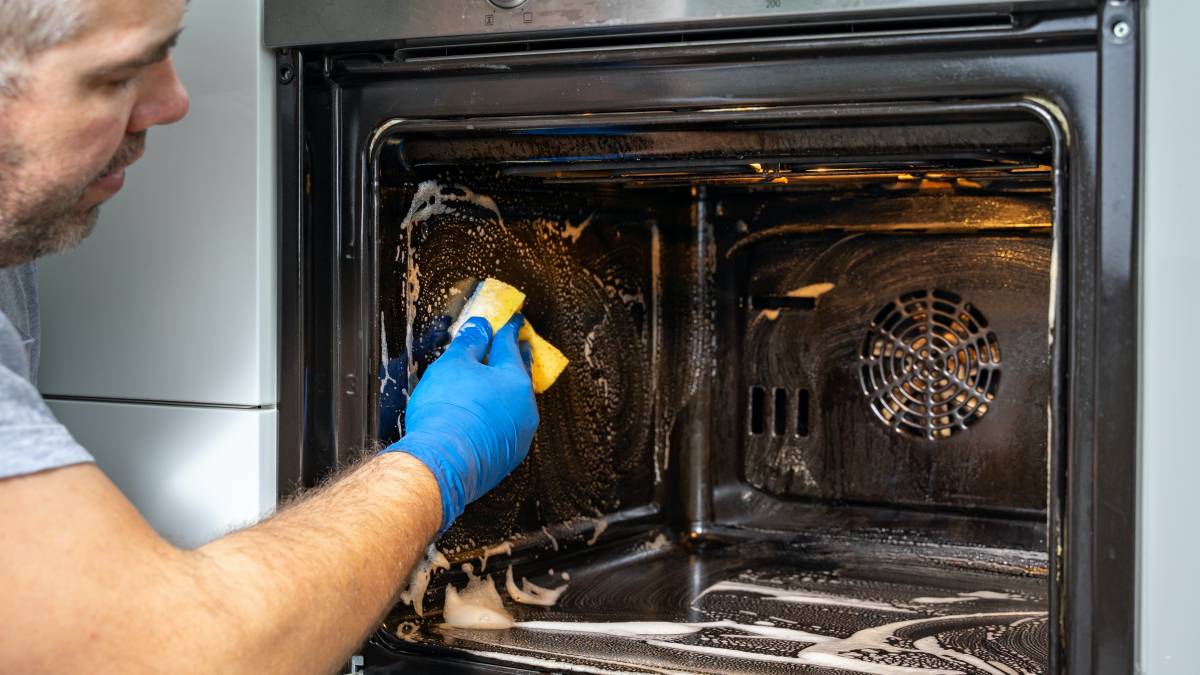
How much does oven cleaning cost?
Read more
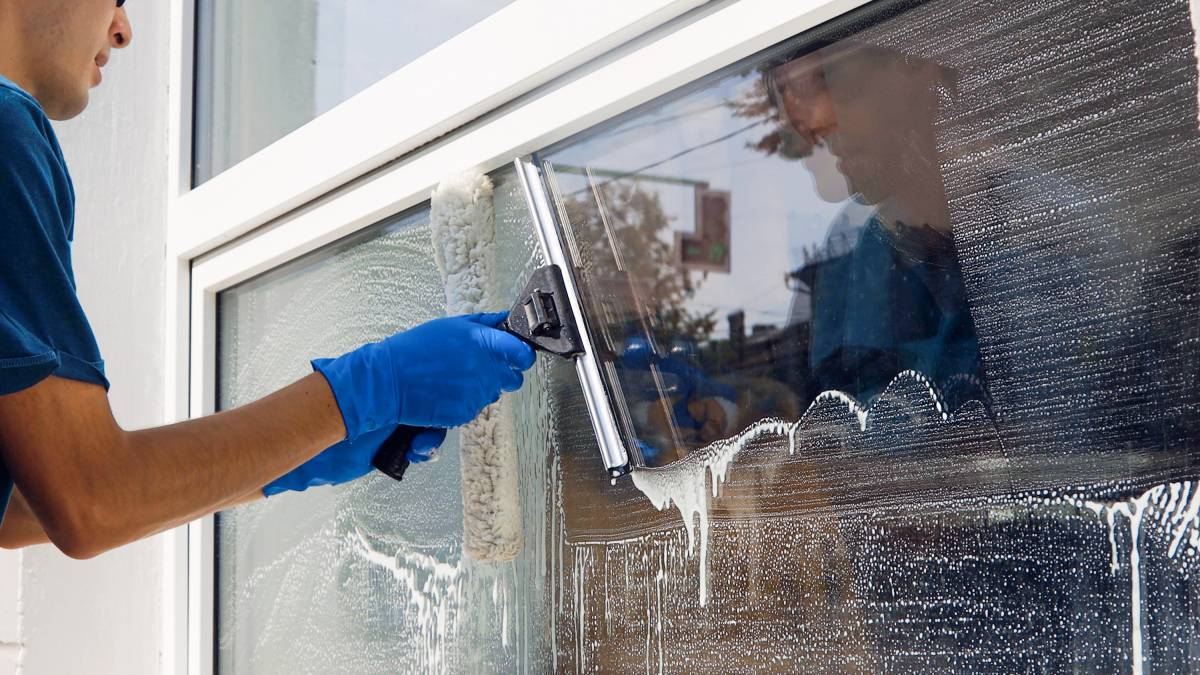
How much does a cleaner cost?
Read more

How much does attic cleaning cost?
Read more

How much does office cleaning cost?
Read more
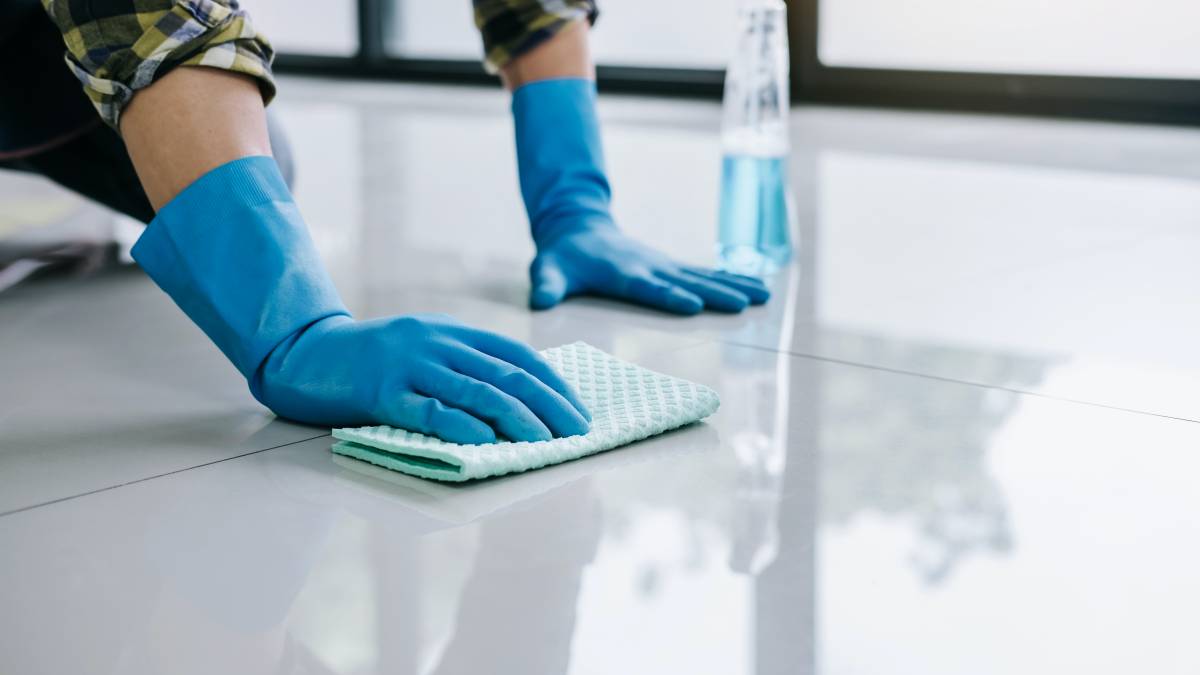
How much does floor cleaning cost?
Read more

How much does blind cleaning cost?
Read more
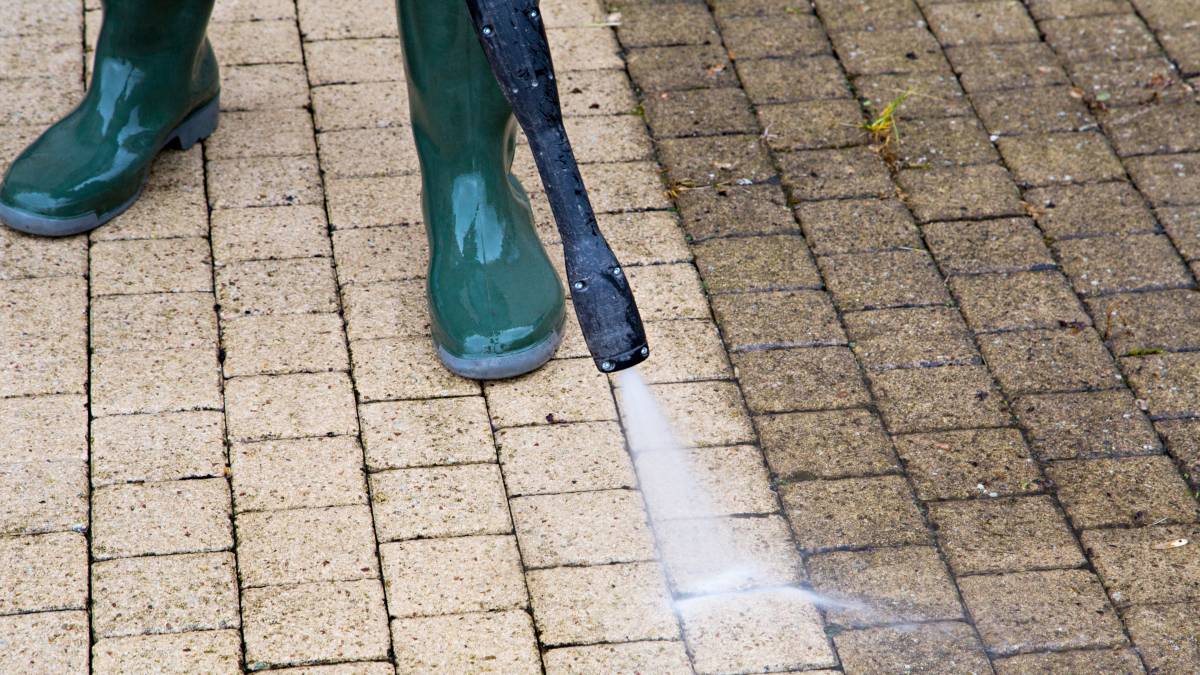
How much does pressure washing cost?
Read more

How much does brick cleaning cost?
Read more

How much does sofa cleaning cost?
Read more

How much does patio cleaning cost?
Read more
